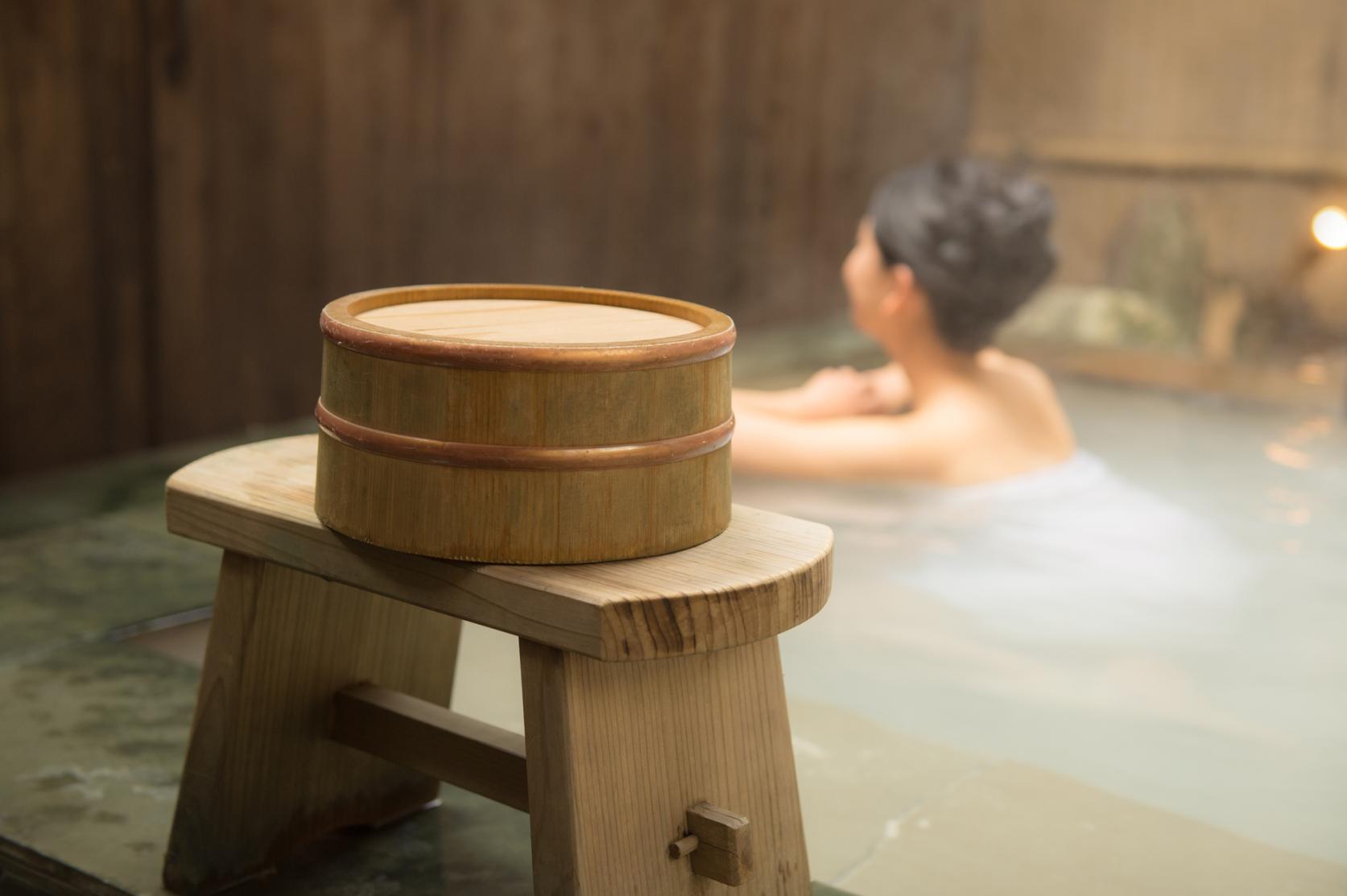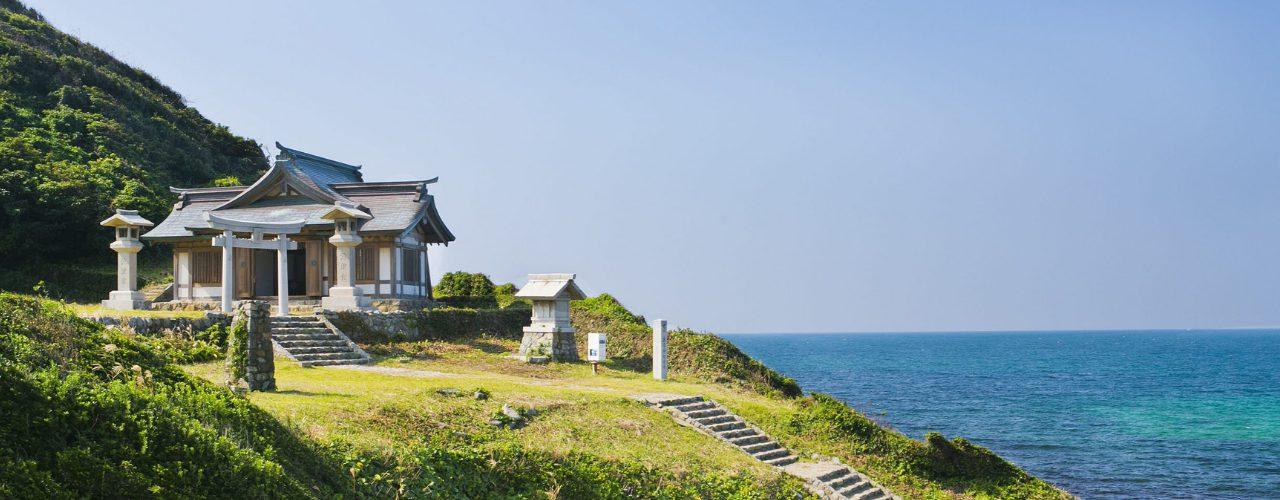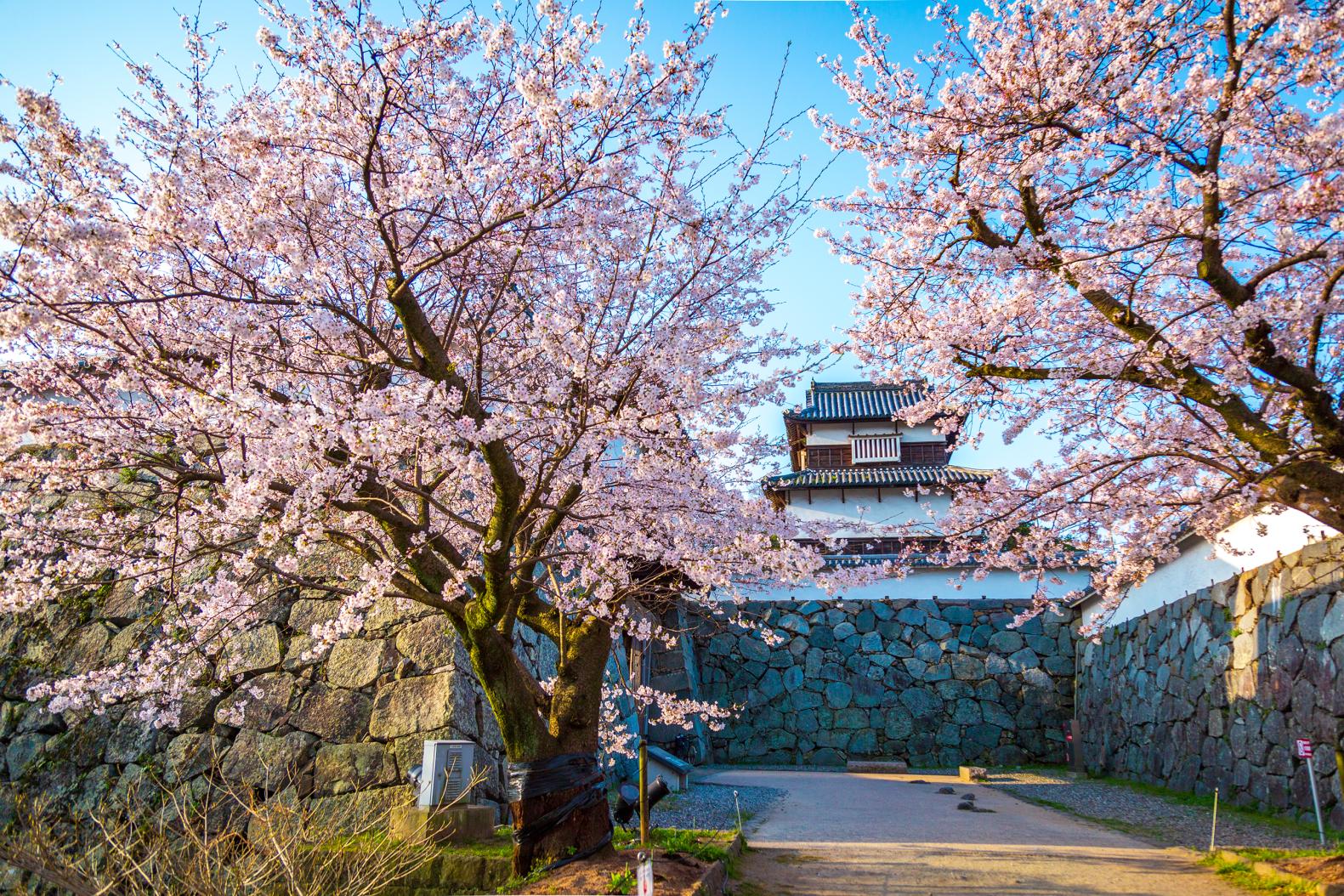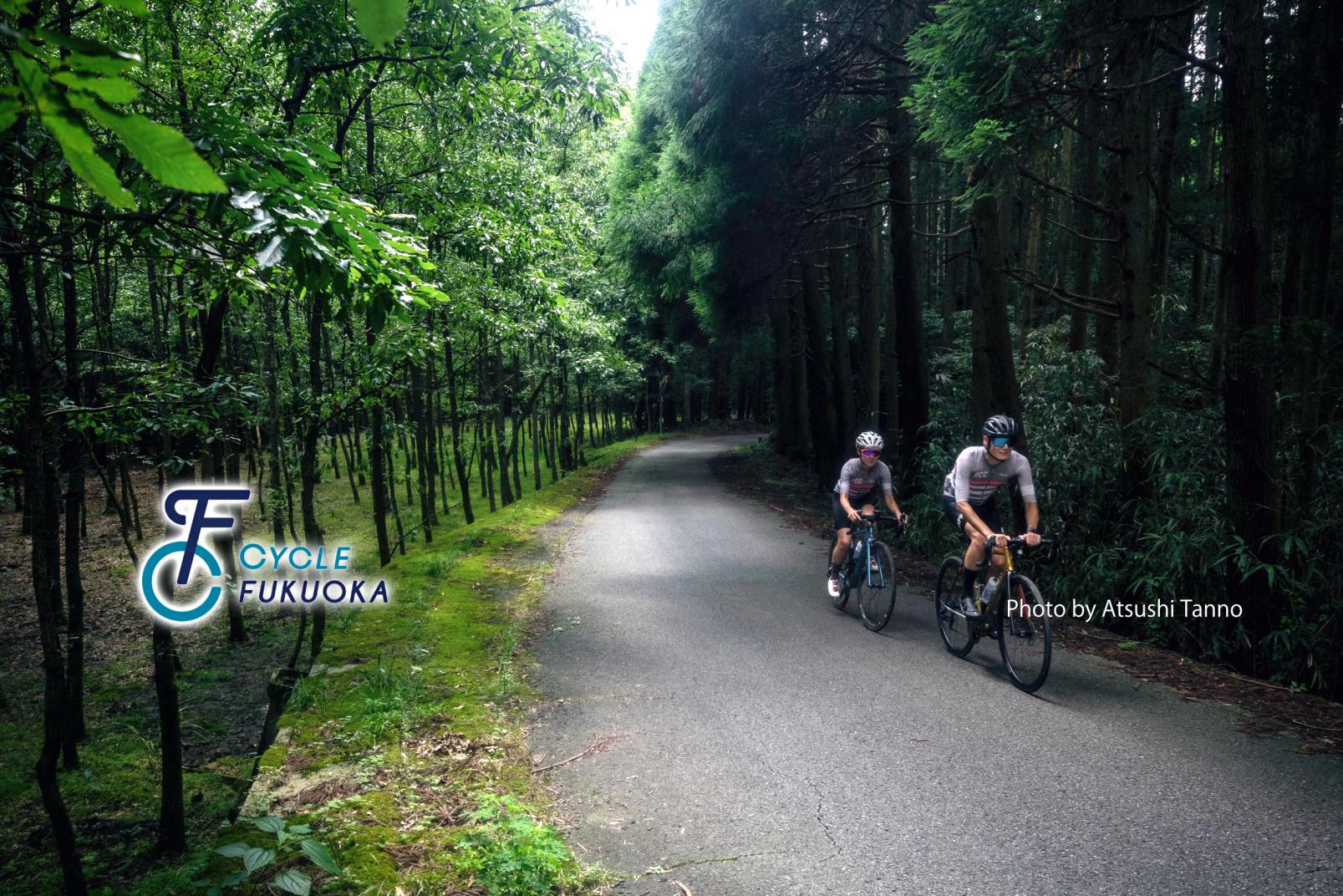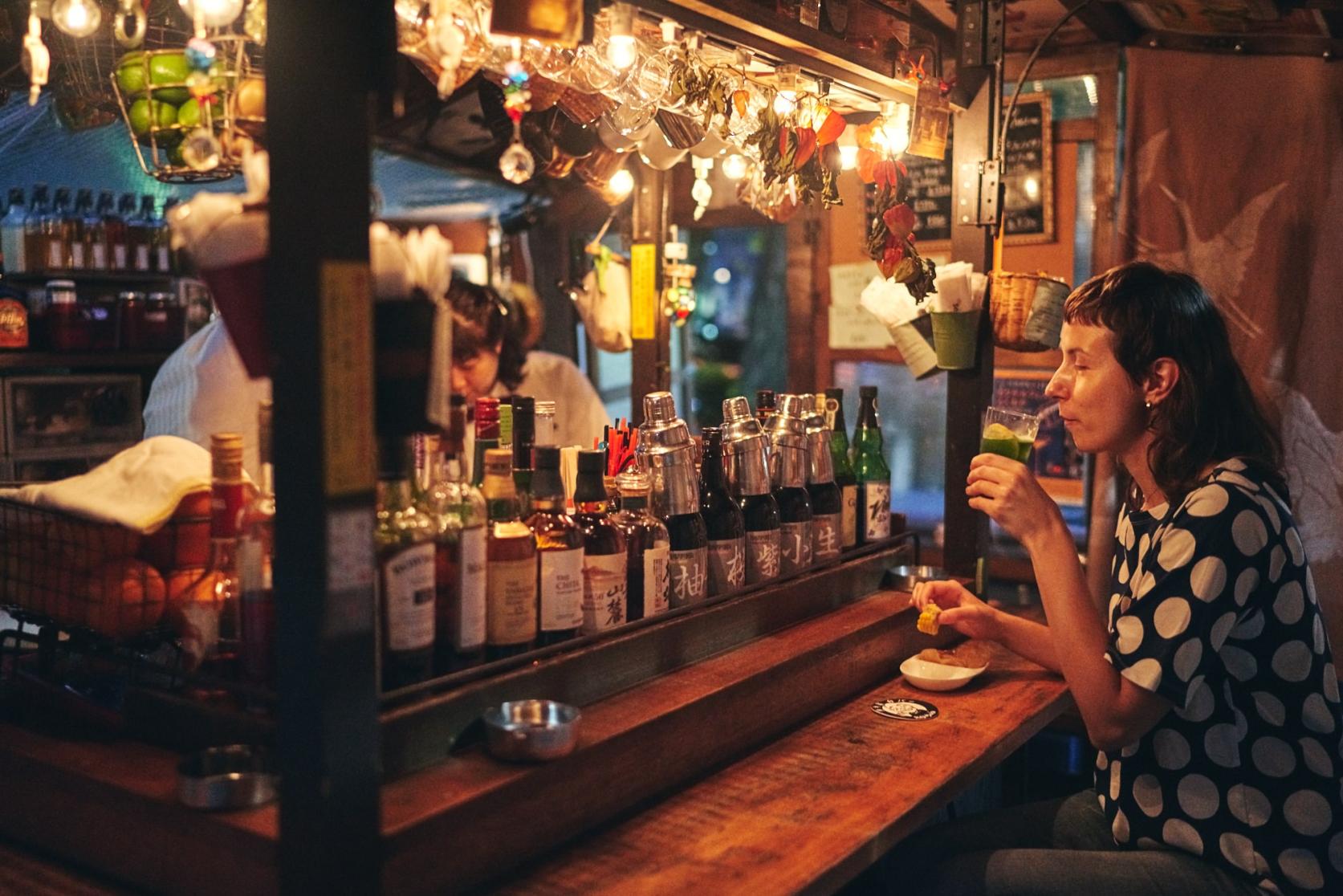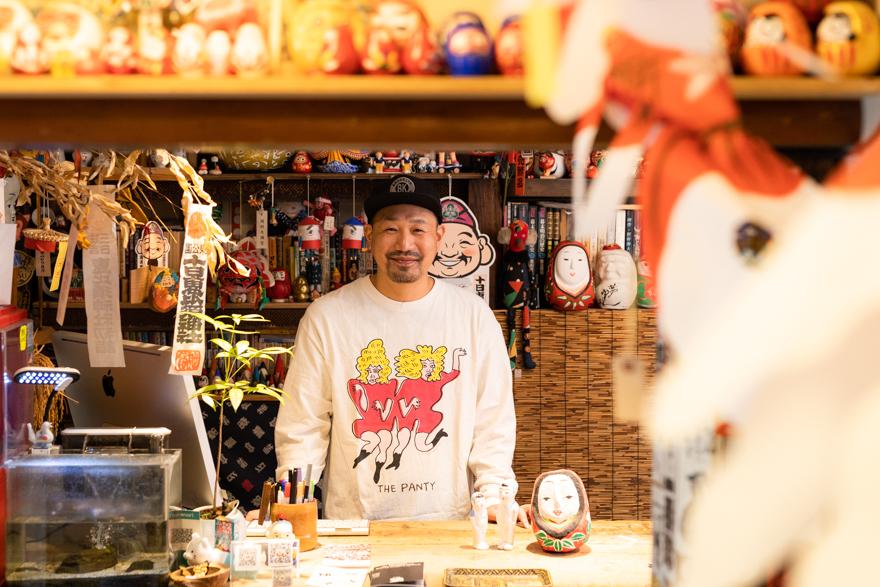![[Experience] I joined a convenient bus tour to fully enjoy Fukuoka's food culture!-1](https://www.crossroadfukuoka.jp/storage/special_features/583/responsive_images/eLiT9pah6JGTqNwriSNvuLp121VdhBrIYC1k55ne__1120_747.jpg)
[Experience] I joined a convenient bus tour to fully enjoy Fukuoka's food culture!
Traveling abroad can be a way of rewarding yourself for working hard on a day-to-day basis. You want to recharge your batteries by indulging in delicious food and drinks that are unique to the country you are visiting.
In that case, Fukuoka Prefecture, known as the ""food capital"" of Japan, is the perfect destination for you. It has a unique food culture, including tonkotsu ramen (ramen cooked in pork bone broth) and yatai (food stalls). You can also enjoy delicious local sake and specialty teas.
The key to in-depth enjoyment of Fukuoka is to visit the suburbs
Fukuoka City, the largest city in Kyushu, is easily accessible from Tokyo, Osaka, and overseas, and it has recently seen an increase in the number of free-and-easy travelers. On the other hand, transportation outside of central Fukuoka City is somewhat inconvenient, so until recently visiting sightseeing spots in the suburbs was difficult without a car.
In light of that, from 2024, Fukuoka Prefecture, in cooperation with travel agencies and bus operators, began to focus on Yoka Bus, a service that offers sightseeing bus tours. The tours cover all aspects of transportation, sightseeing, and meals, and can be easily booked through the website by selecting the theme of your choice! On the day, all you have to do is board the bus, making it a convenient and hassle-free option.
Mysterious spots that are not well known yet, or spectacular views of nature's blessings, are often located in places that are difficult to access by public transportation. It takes much effort not only for foreign visitors, but even for Japanese people, to reach such places. However, if you take a bus tour, you do not have to worry about these matters or study a map beforehand.
The first day of this journey was spent exploring central Fukuoka City by public transportation. On the second day, I joined the Yoka Bus day tour departing from and arriving at Hakata Station, Fukuoka's largest terminal station, to visit several spots including the places for enjoying tea and sake.
Use free-and-easy sightseeing and bus tours wisely to cover more of Fukuoka in 2 days and 1 night!
Day 1: Tour the classic spots of Fukuoka City
After arriving at Fukuoka Airport, I got a one-day pass for the Fukuoka City Subway. I took the Airport Line to Hakata Station and left my luggage at the front desk of the hotel where I would be staying. I was now ready to explore the city!
Fill your stomach before setting off
There are many restaurants in the Hakata Station area. In addition to Fukuoka's local delicacies, there is a dizzying array of choices, including not only Japanese food such as sushi and tempura, but also Western and Chinese cuisine! The tonkotsu ramen consists of a fine noodles served in rich pork bone broth, which is delicious and satisfying. Once you have had your fill, it is time to take a stroll.
The urban oasis of Ohori Park, and the rich historical atmosphere of Fukuoka Castle
Alight at Ohori Koen Station, five stops from Hakata Station. This park with views of the water is built on the outer moat of Fukuoka Castle Ruins, highlighting the beautiful harmony of nature and the city and making it a popular photo spot. Kimono rentals are available at Sannomaru Square inside Fukuoka Castle Ruins. Tourists walking around the park in kimonos exude an air of elegance.
Fukuoka Tower with a 360-degree panoramic view
If you visit Fukuoka, you cannot miss the sea view. Alight at Nishijin Station, two stops from Ohori Koen Station, and head for Fukuoka Tower.
From the top floor of Japan's tallest coastal tower, you will feel like a bird spreading its wings as you look out over the streets of Fukuoka and the sea! For couples, the romantic hours from dusk to night are also recommended.
Experience the latest entertainment by the sea
After exiting Fukuoka Tower, walk along the seashore toward the large circular stadium, MIZUHO PayPay Dome FUKUOKA. The professional baseball team, Fukuoka Softbank Hawks, based here is apparently one of the strongest teams in Japan. If you like baseball, check the game schedule. If you have time to spare, stop by the adjacent amusement facility, BOSS E-ZO FUKUOKA. Even grownups will be enthralled by the team Lab Forest, where you can immerse yourself in the latest digital art.
Moving on to Tenjin, Kyushu's largest downtown area
From Tojinmachi Station, I boarded a train and arrived at Tenjin Station, my final destination for the day.
Tenjin is the business and trend-setting hub of Kyushu. Large department stores, fashion buildings, and electronics stores line the streets. When combined with the huge underground shopping mall, there is probably nothing you cannot find here.
For dinner, go to a traditional yatai stall! There are three main areas where yatai are located: Nakasu, Tenjin, and Nagahama. Relax with the local customers and order directly from the owner. I enjoyed Fukuoka's famous dishes: yaki-ramen (fried ramen noodles), hitokuchi gyoza (bite-sized dumplings), and yaki-mentaiko (grilled spicy cod roe). All the dishes were delicious and warmed my heart on a cold winter night. The night view of the city and the unique atmosphere will also be a wonderful memory!
Day 2: Explore Yame's in-depth experience spots
To learn more about Fukuoka's food culture, I joined the Yoka Bus tour on the second day and immersed myself in the culture of tea and sake.
Tea plantations spreading out like a green carpet
There are many foreigners who have drunk green tea, but I believe few have actually seen a tea plantation. The Yoka Bus headed all the way to Yame City in the southern part of Fukuoka Prefecture. Yame is the production center of Yame tea, one of Fukuoka's famous exports. From the observation deck of the Yame Central Grand Tea Plantation, visitors can enjoy a panoramic view of the vast tea plantations and breathe deeply in the clean air. The origin of Yame tea is said to date back to 600 years ago, when a monk named Eirin Shuzui brought back tea seeds from China. Later, he also taught the Yame village chief how to cultivate tea. The most famous variety is Gyokuro Yamecha, which is cultivated by covering the tea leaves to block out sunlight for several weeks before harvest. This is an interesting production method that concentrates the flavor and sweetness in the tea leaves.
Next up is tea time at Green Monster, a cafe on the hill. Take a break with a drink while overlooking the tea plantation. The shop sells tea purchased from the surrounding tea plantations and offers a full lineup of products for both home use and as souvenirs.
Three experience programs to fully savor tea
After a 40-minute bus ride, I arrived at my next destination, Cha no Bunkakan (Hoshino Tea Museum). This facility, which promotes the appeal of Yamecha tea, offers various tea-related experience programs. Three experiences were included in this tour.
The program started with lunch. We had chasoba, a dish of soba noodles made using green tea mixed with buckwheat flour. The taste of the tea itself is not so strong, but it is very satisfying, photo-worthy, and served with fresh local vegetables!
The second experience is matcha grinding. Using a tea mortar, participants grind the tea leaves into a powder.
The last experience is to pour matcha into a tea bowl while enjoying its aroma, and stirring the tea with a chasen (tea whisk). The taste of the matcha prepared on my own is exceptional.
By the way, the Japanese sweets included in the set looked so cute that it was a shame to eat them.
Enjoy Japanese sake in Kurume, which boasts one of the largest number of sake breweries in Japan
After a one-hour bus ride, I arrived in Kurume City, where sake brewing is flourishing. In this area, visitors can enjoy delicious sake made from locally harvested rice and high-quality water from the Chikugo River.
We visited Mori no Kura, a sake brewery established in 1898. While enjoying an elegant view of the Japanese garden, we tasted three kinds of sake! Each participant had a different favorite drink, which left a deep impression on me.
The Yoka Bus tour was an exciting journey that offered many new experiences. The tour efficiently took us to sightseeing spots in the suburbs, and we were able to experience Fukuoka's unique tea and sake culture. Now that traditional Japanese sake brewing has been registered as a UNESCO Intangible Cultural Heritage, this tour is likely to attract even more attention.
Conclusion
Did you find this article helpful?
The contents of the Yoka Bus tours vary depending on the season. We hope you will join the tours to enjoy gourmet food, culture, and history in search of the best of each season.


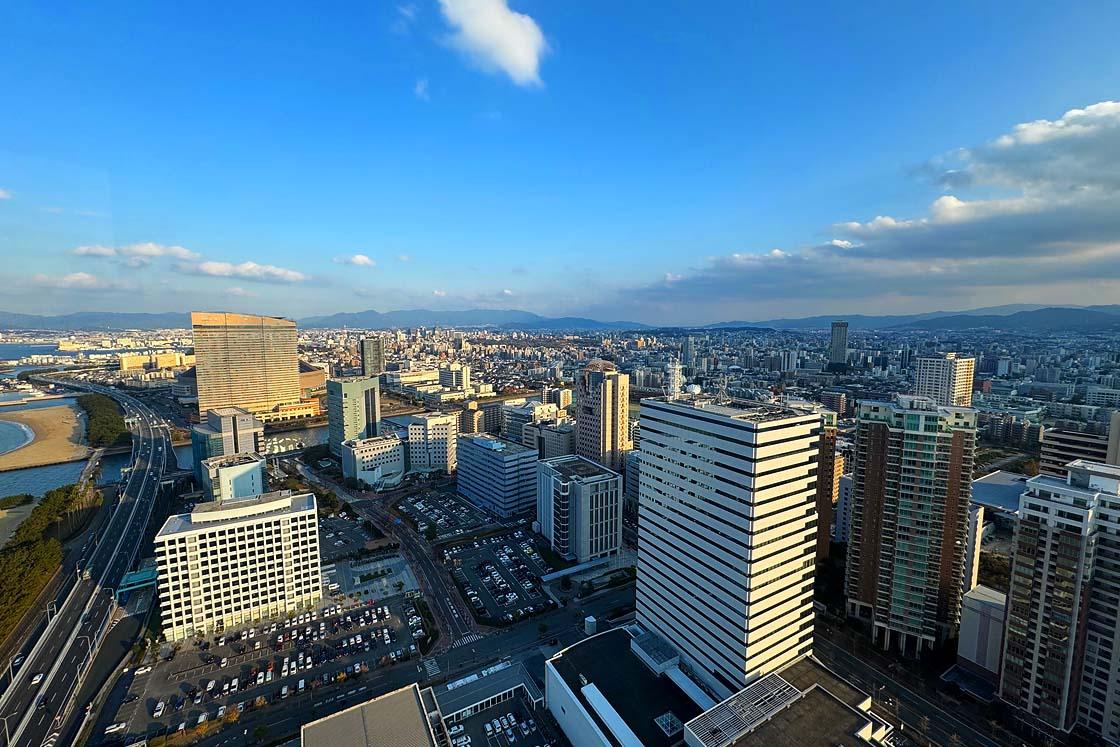

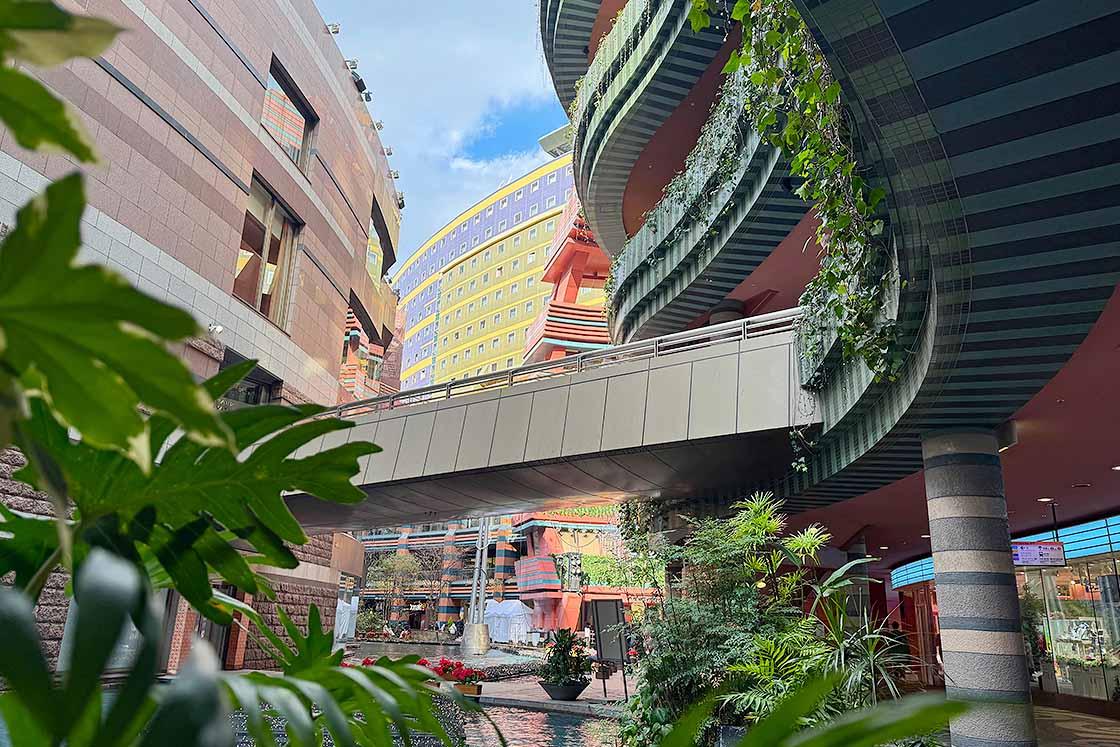
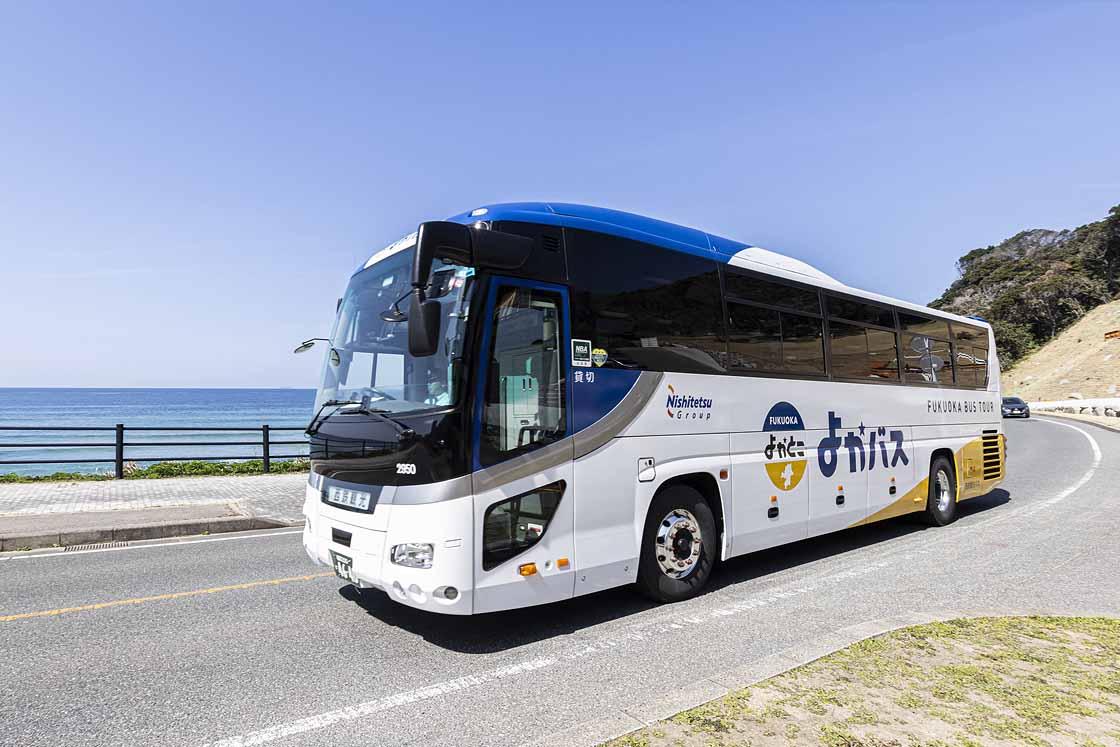
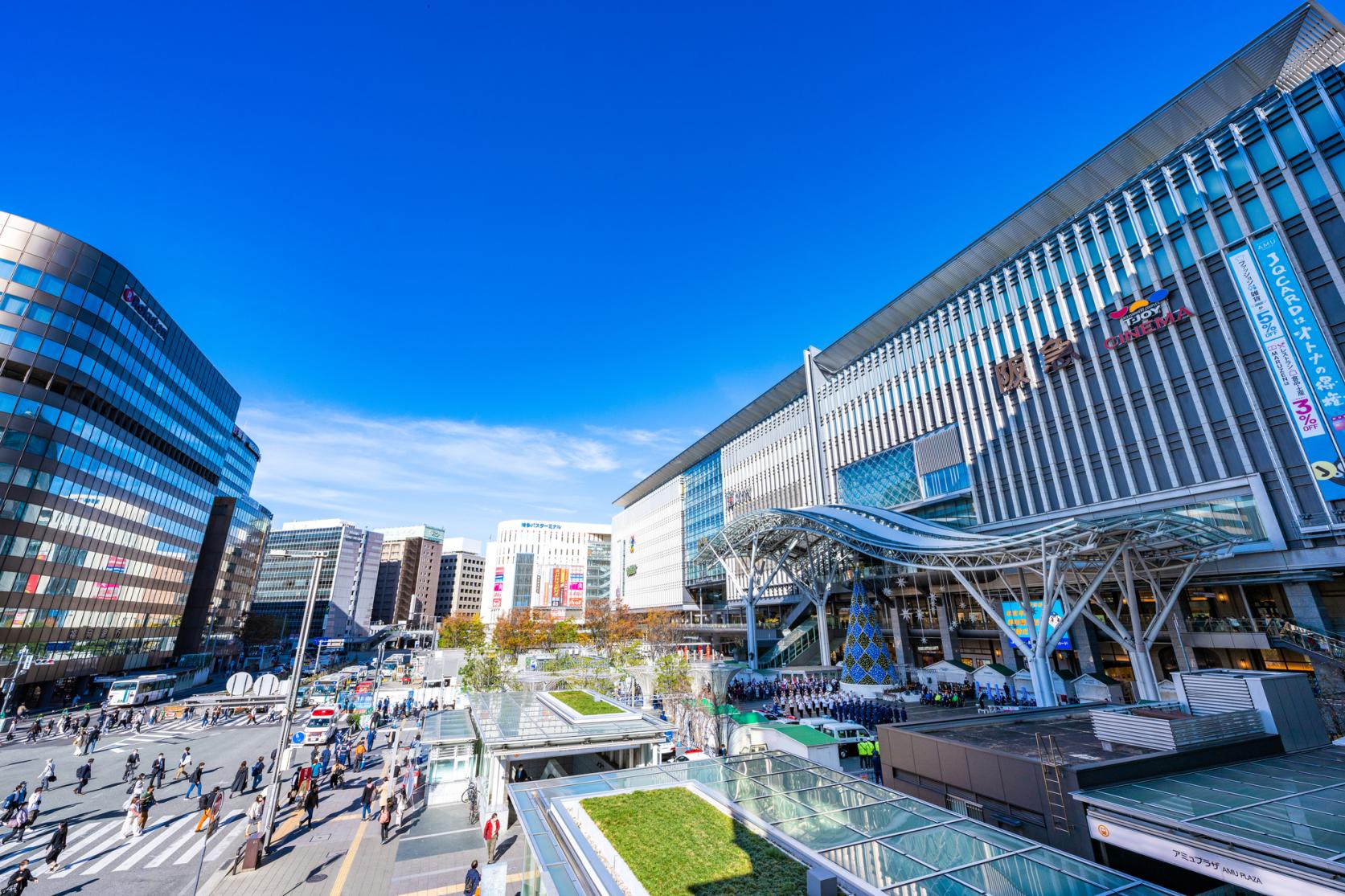
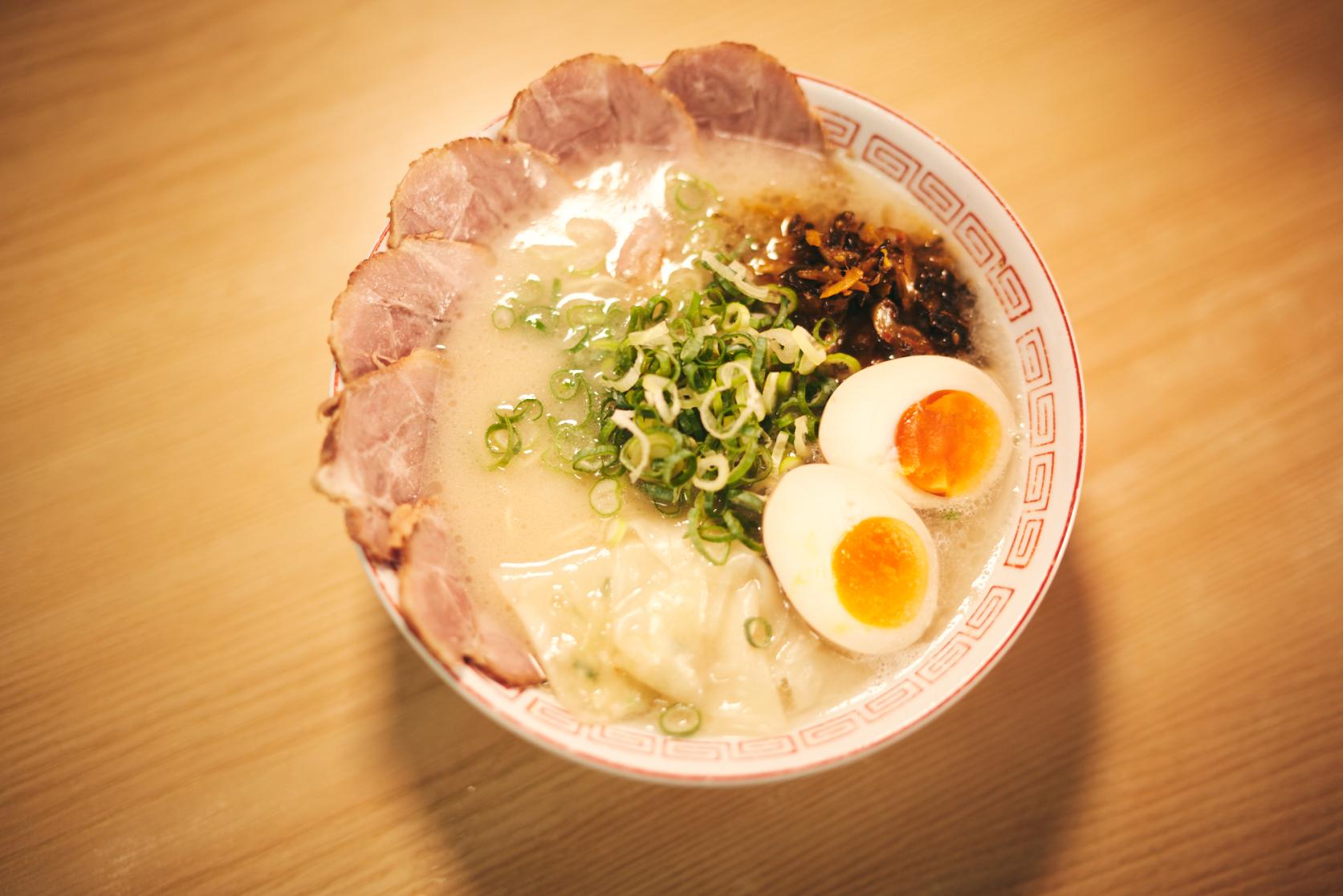
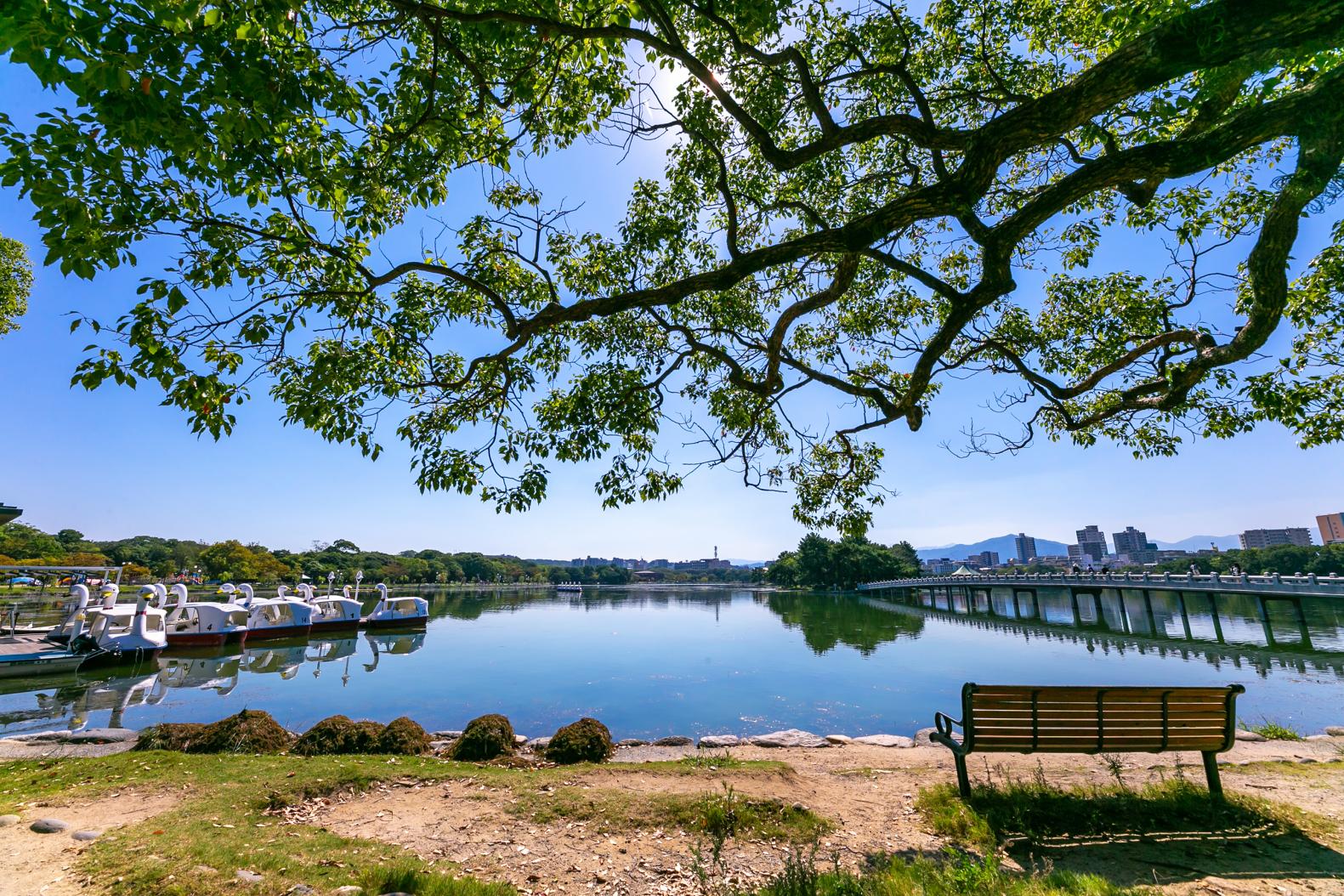
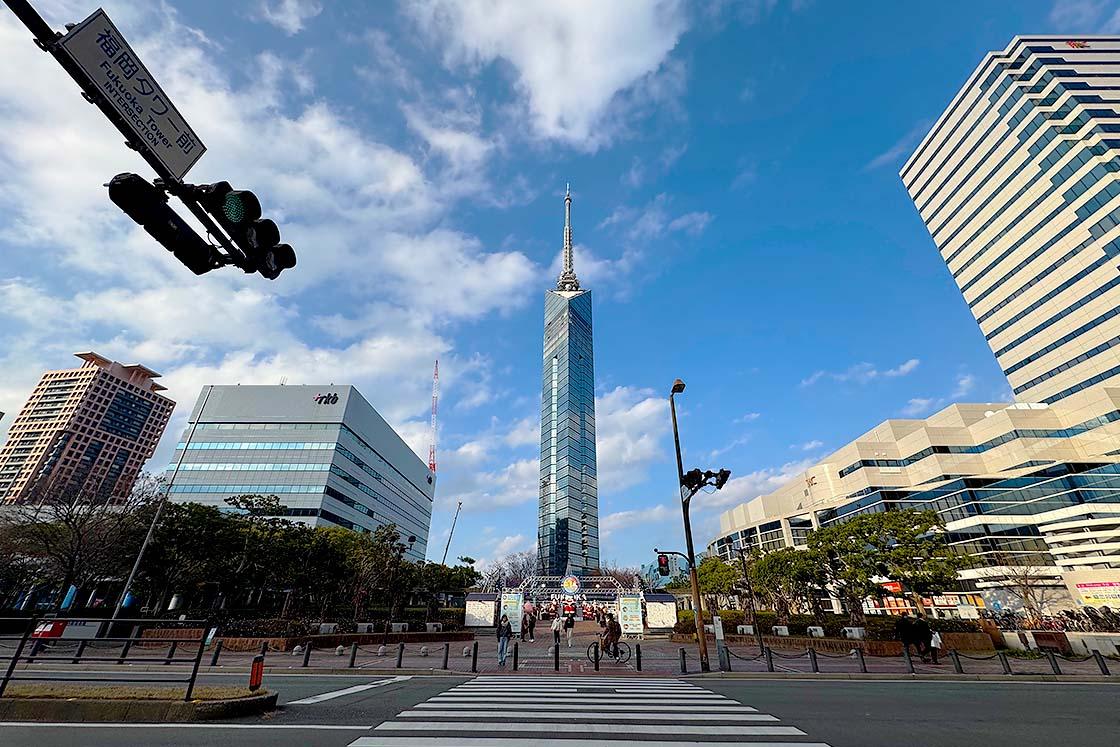
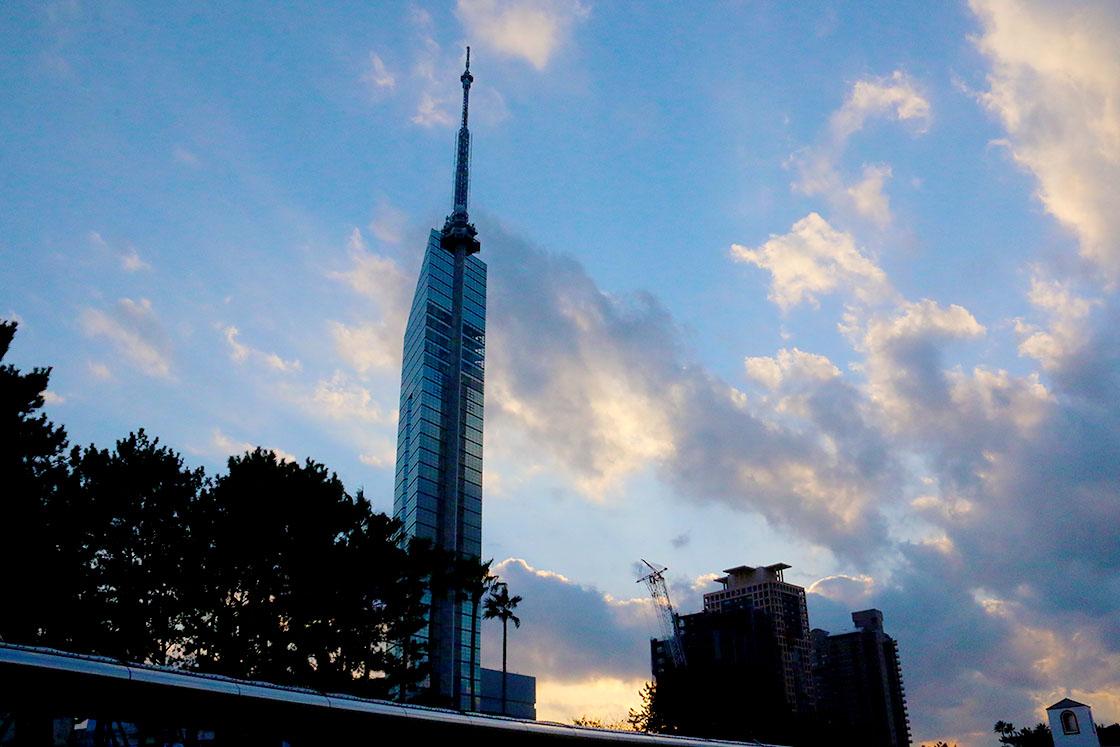
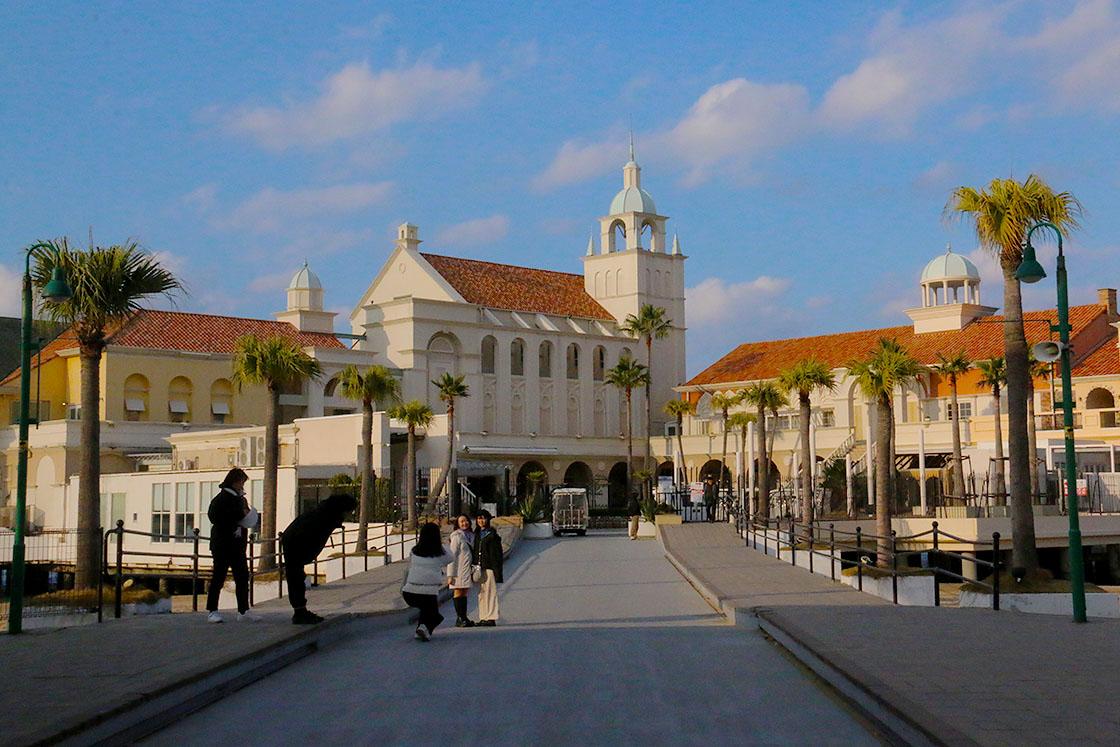
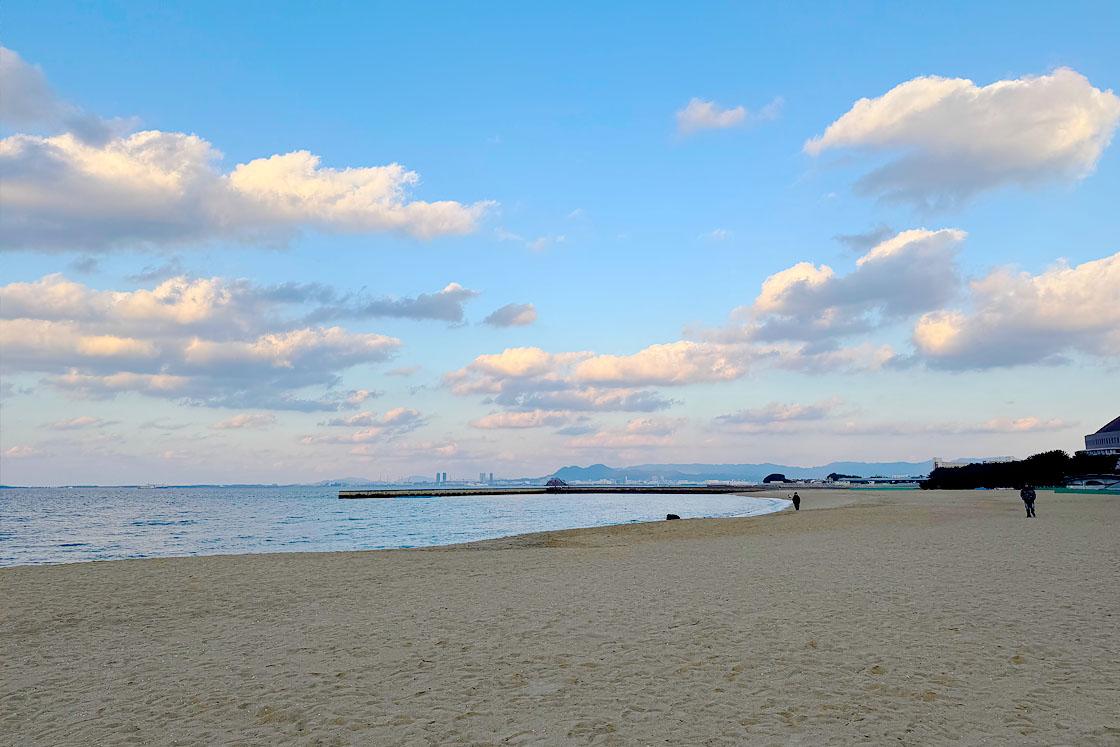
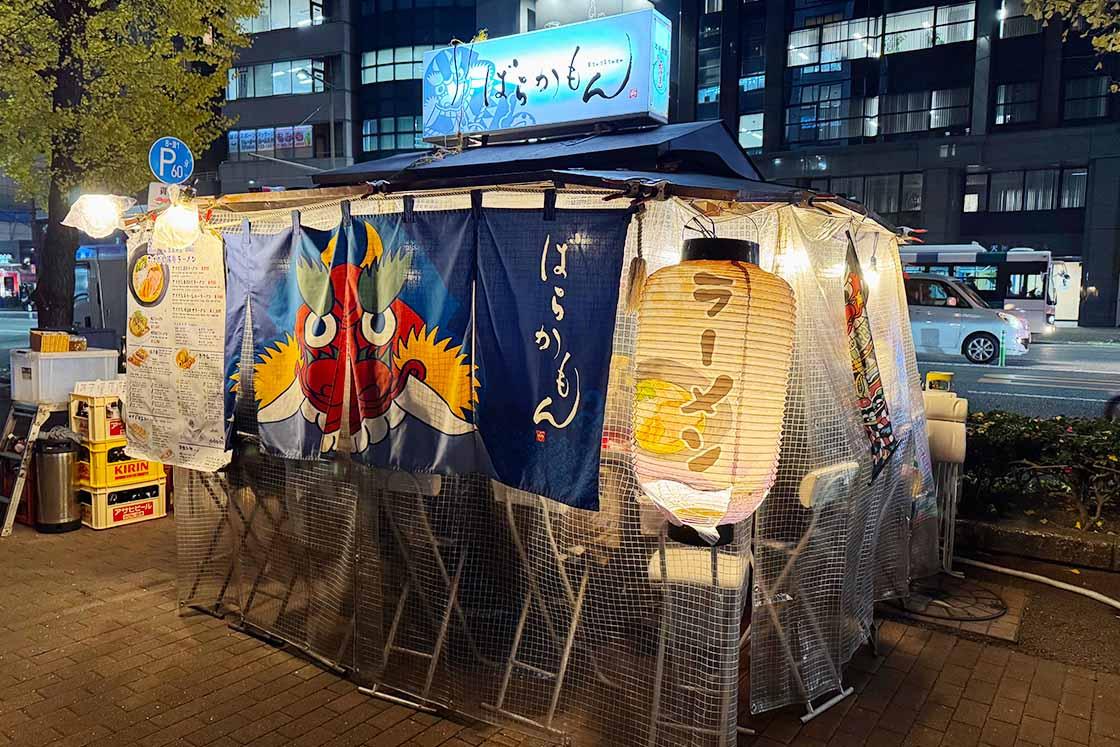
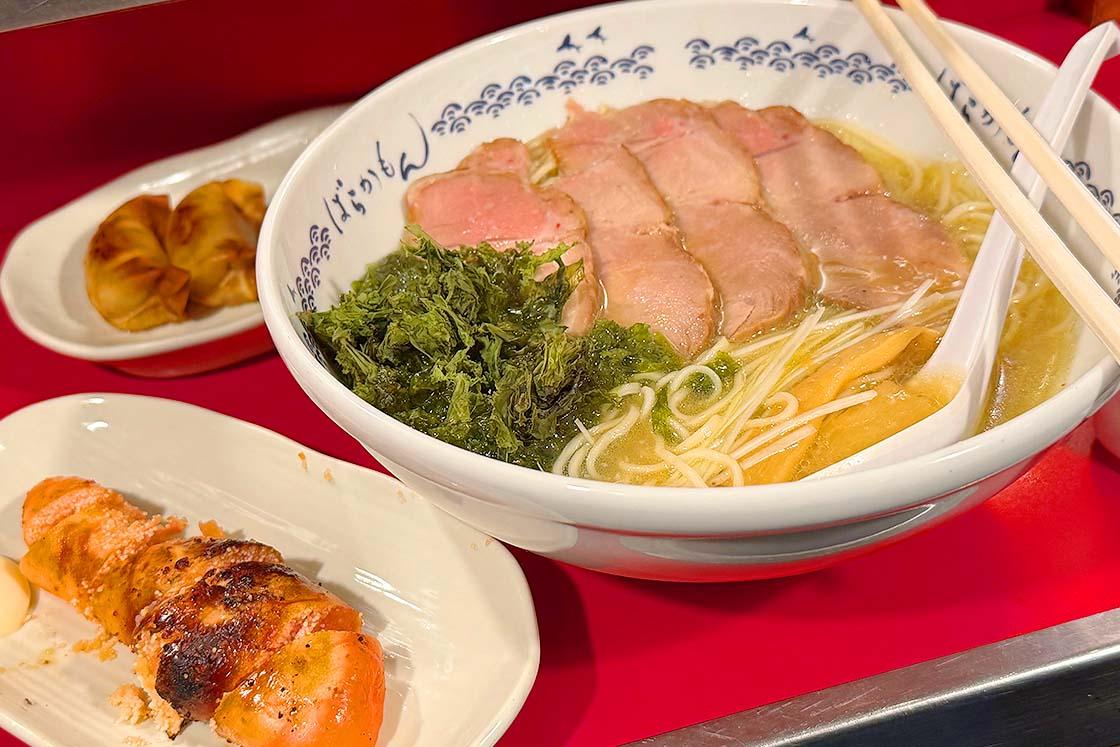
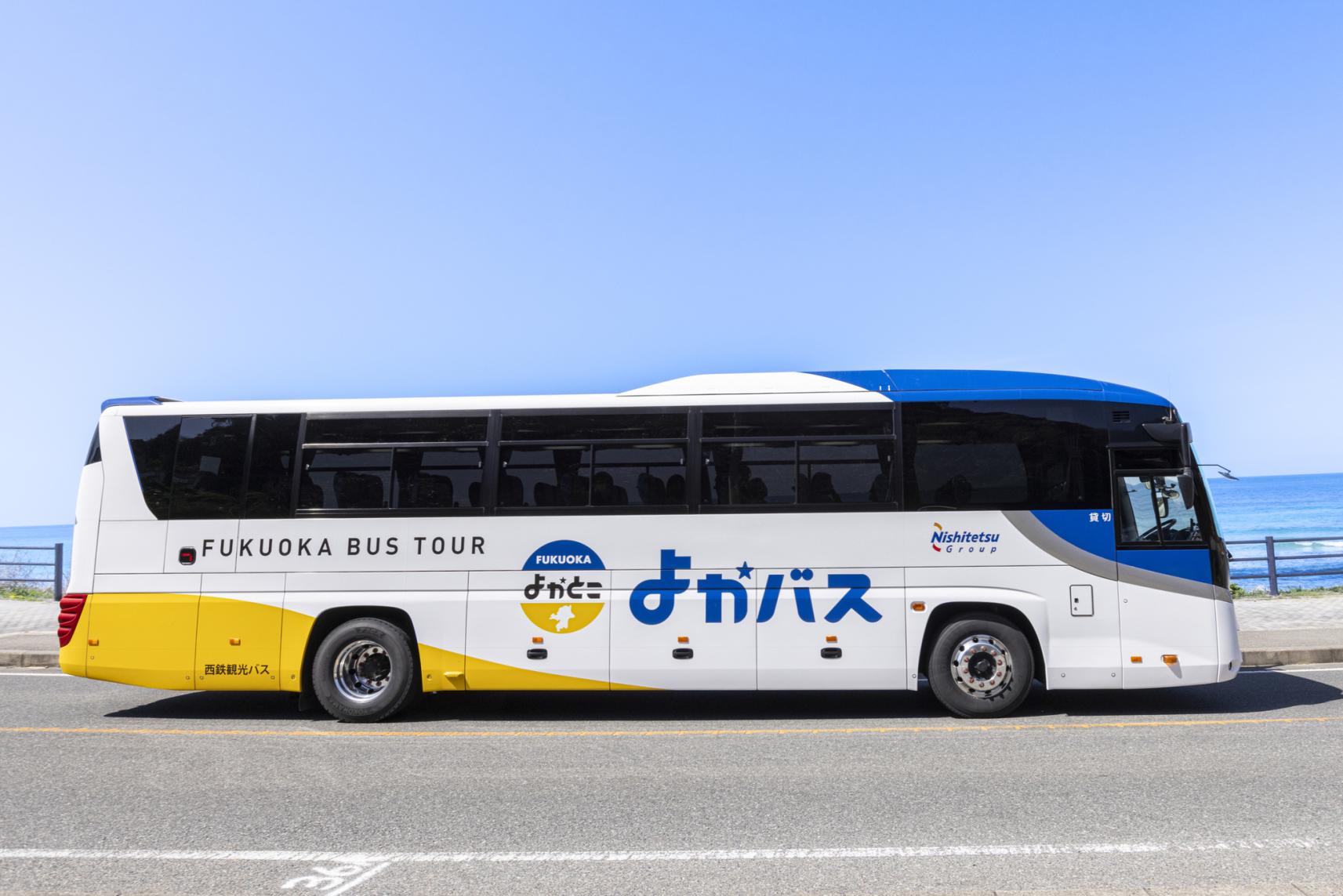
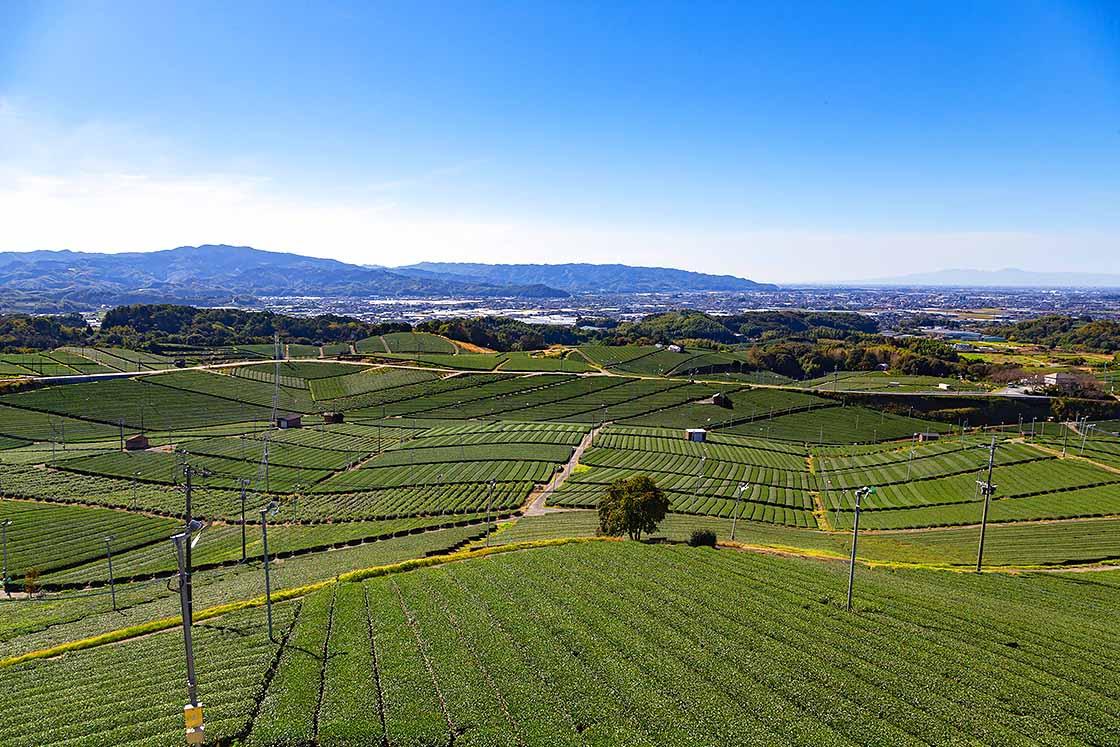
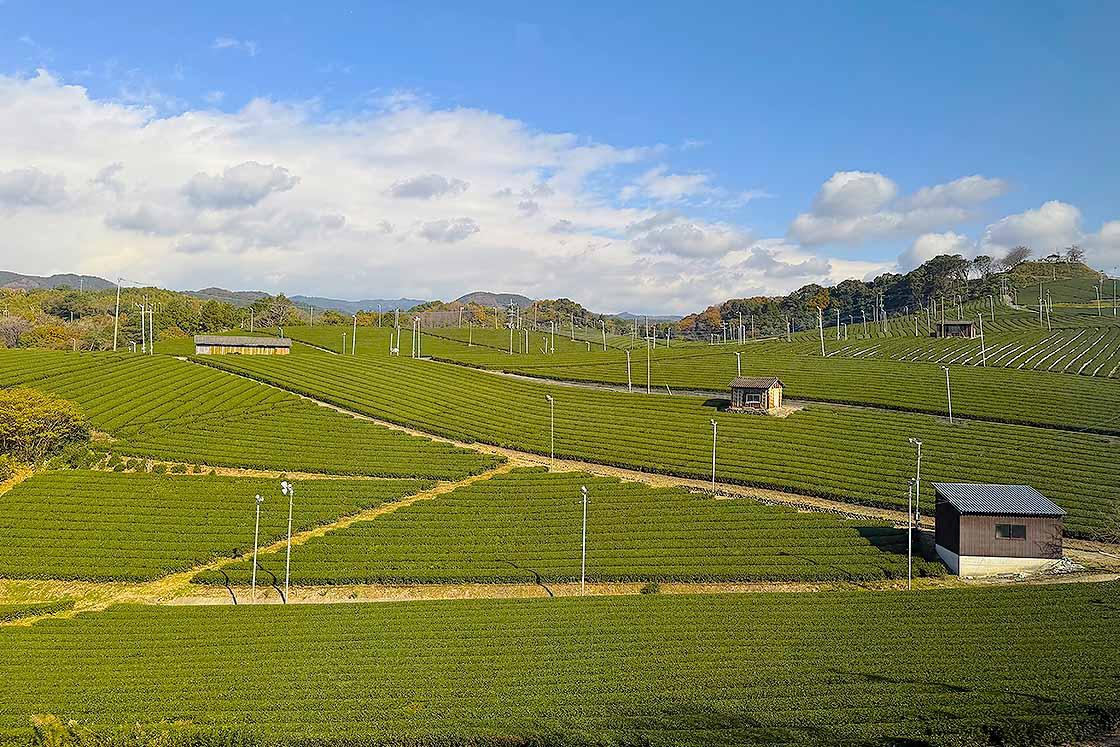
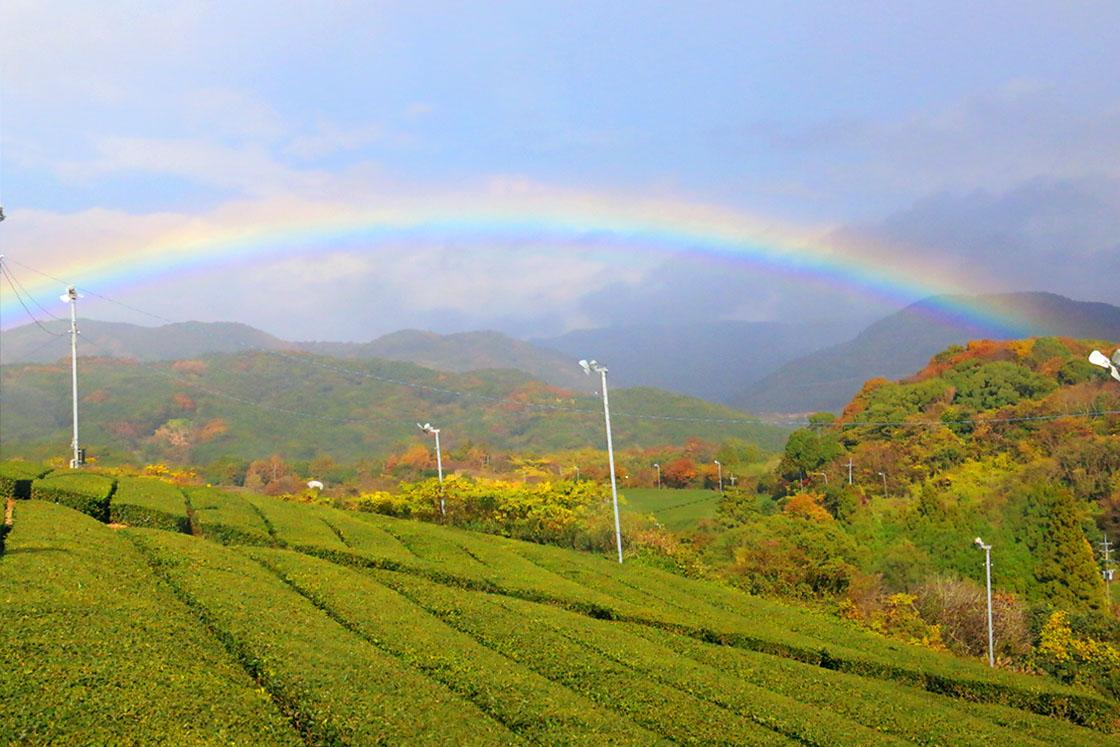
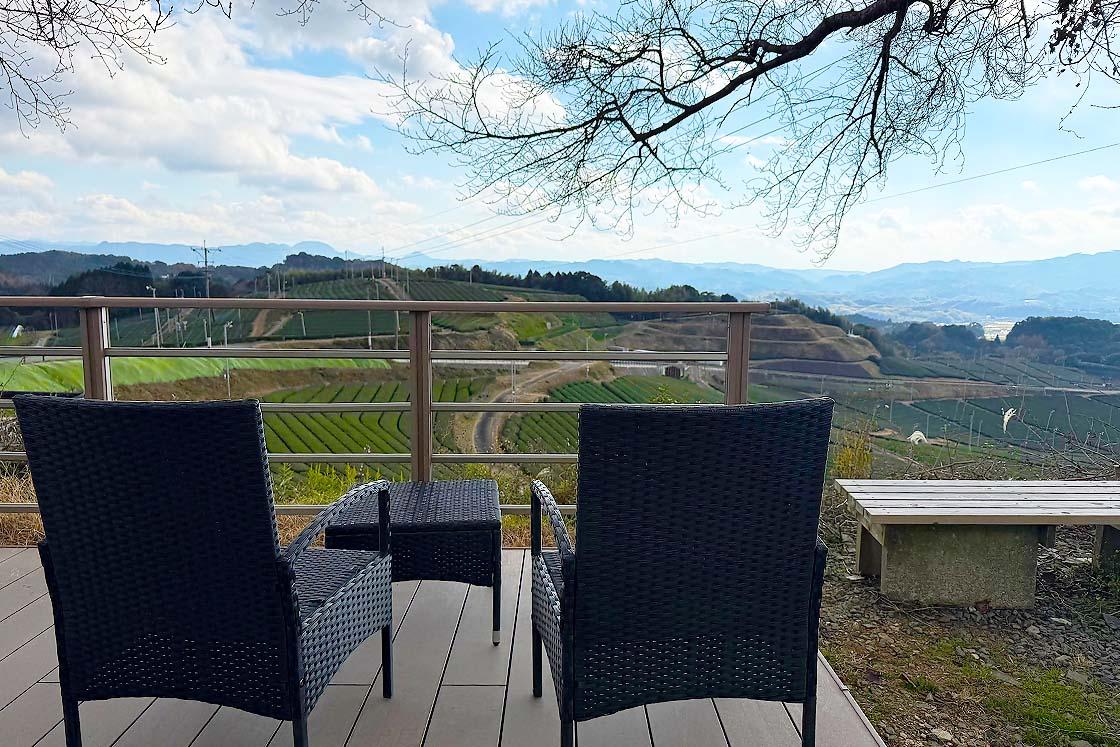
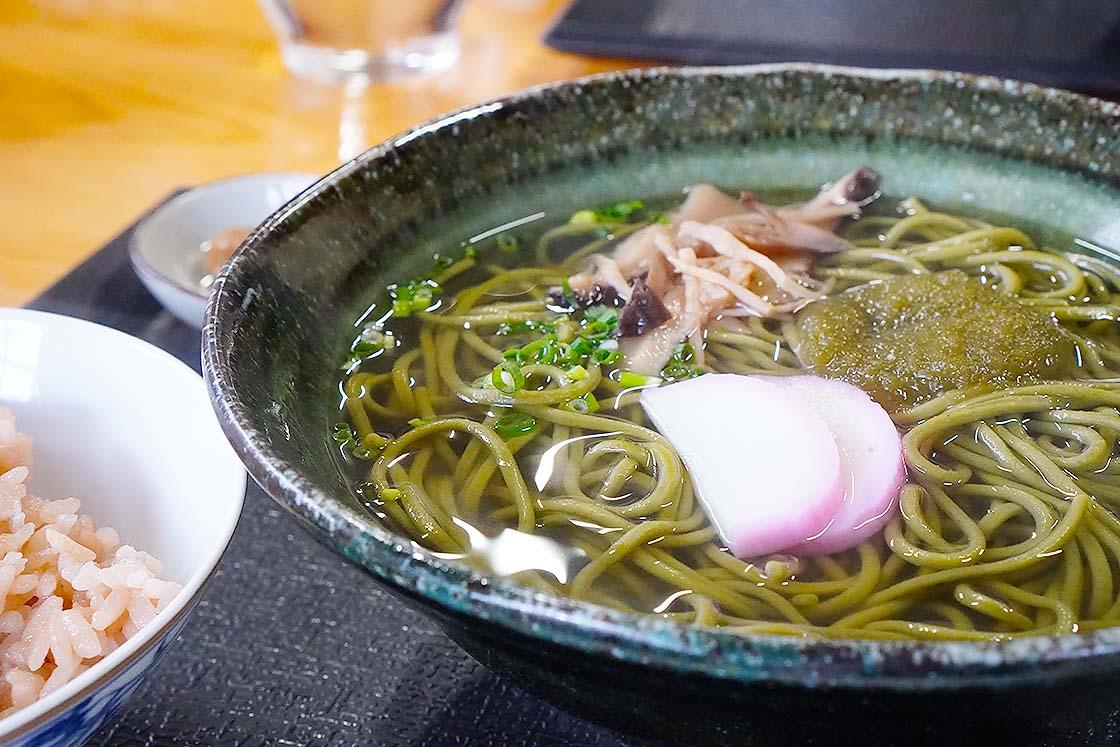
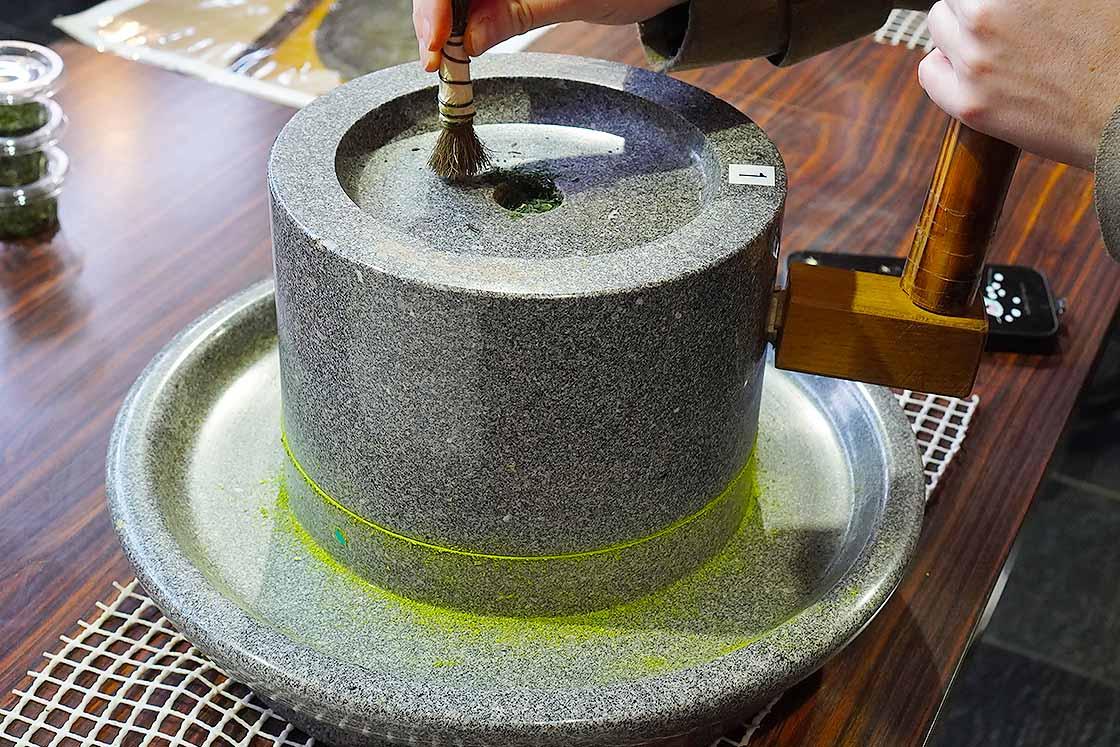
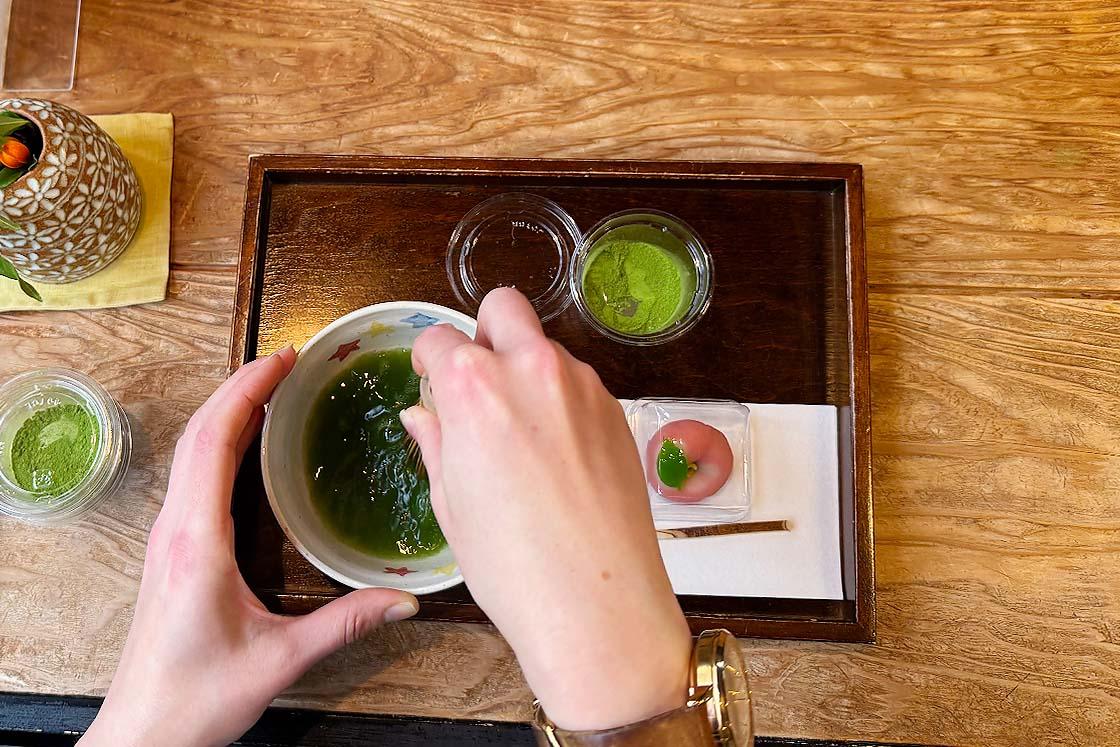
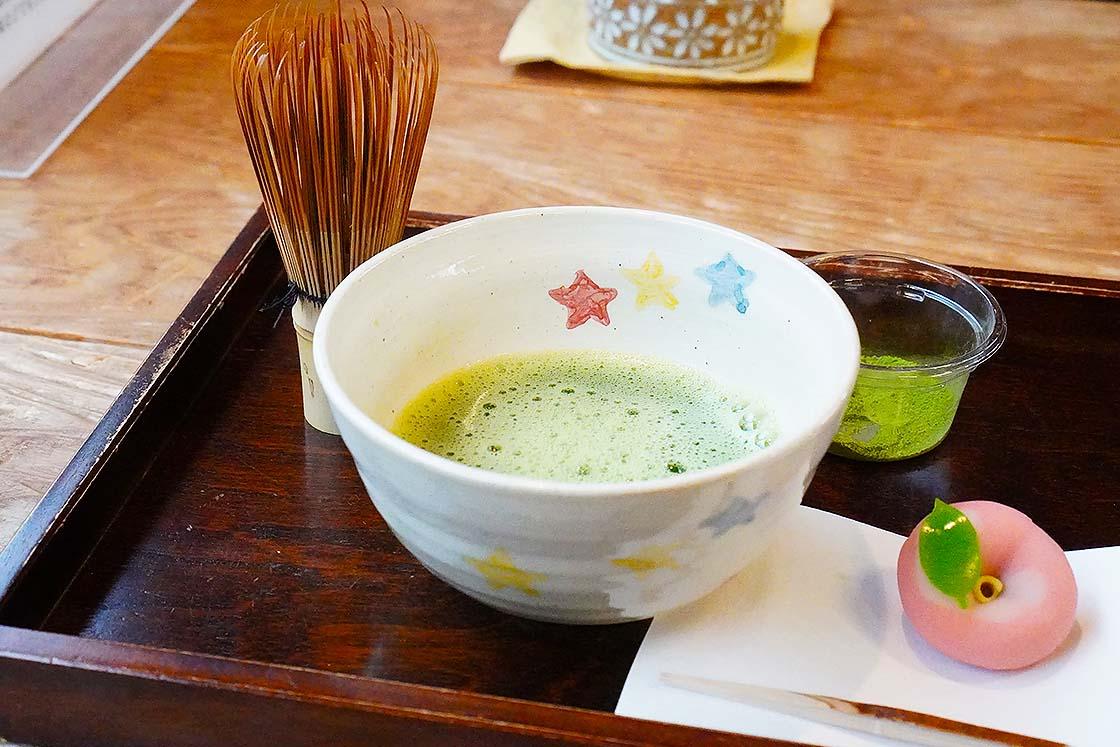
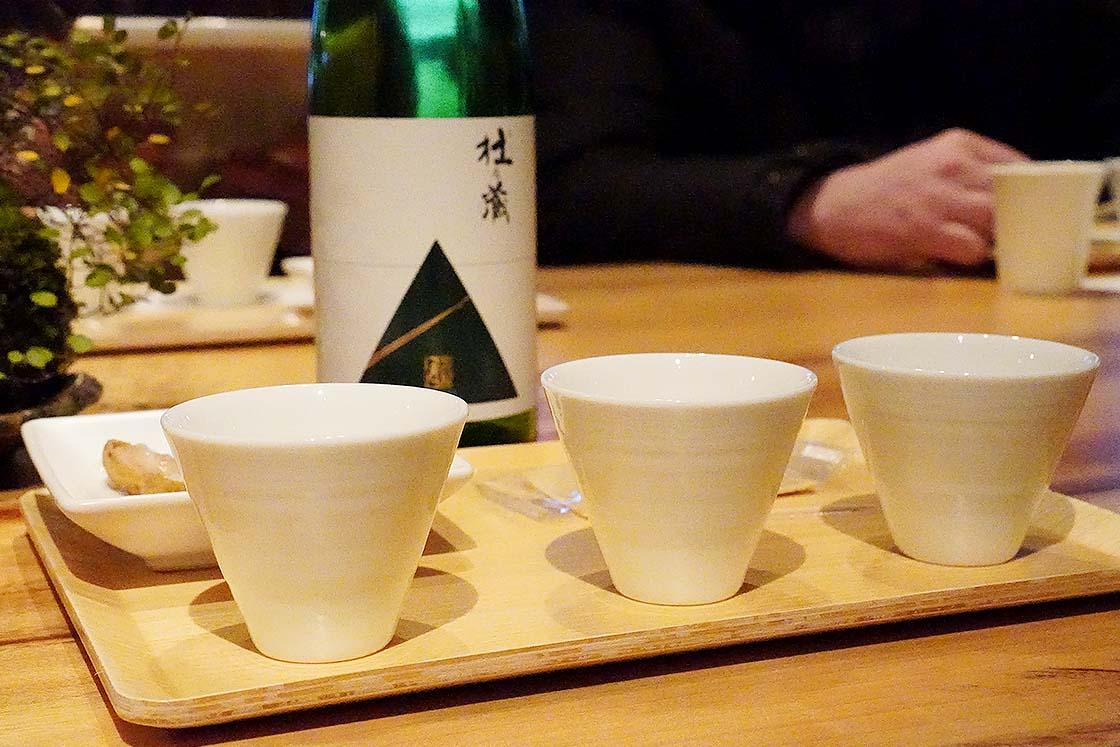
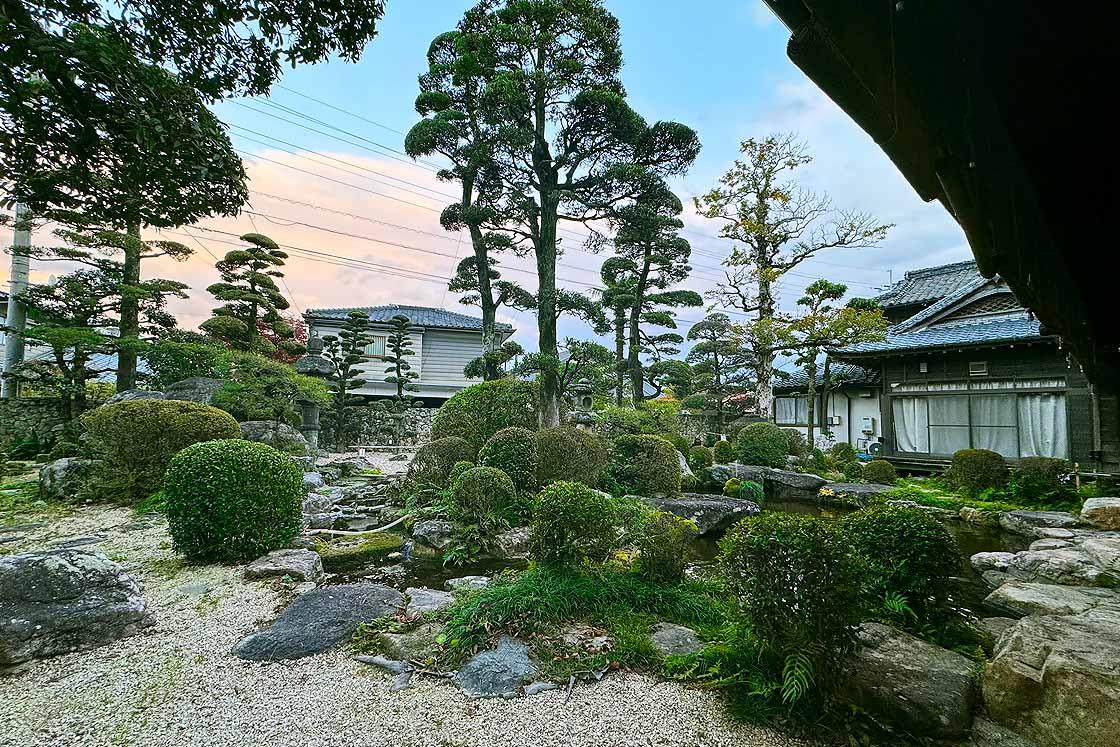
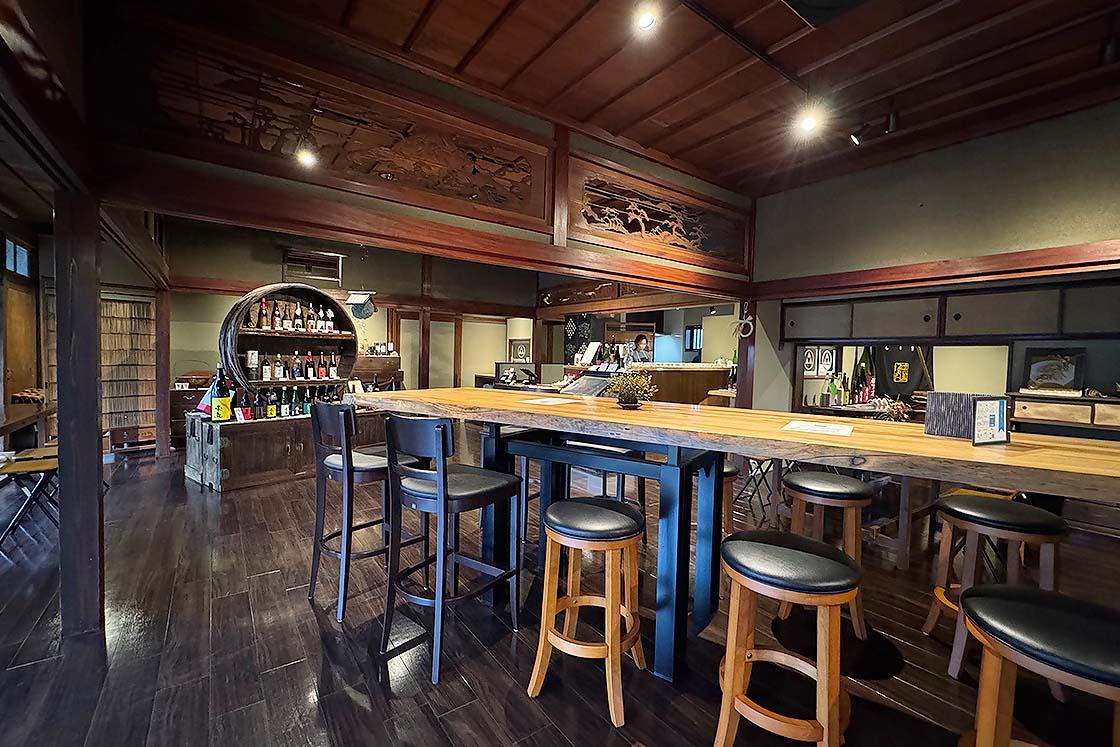
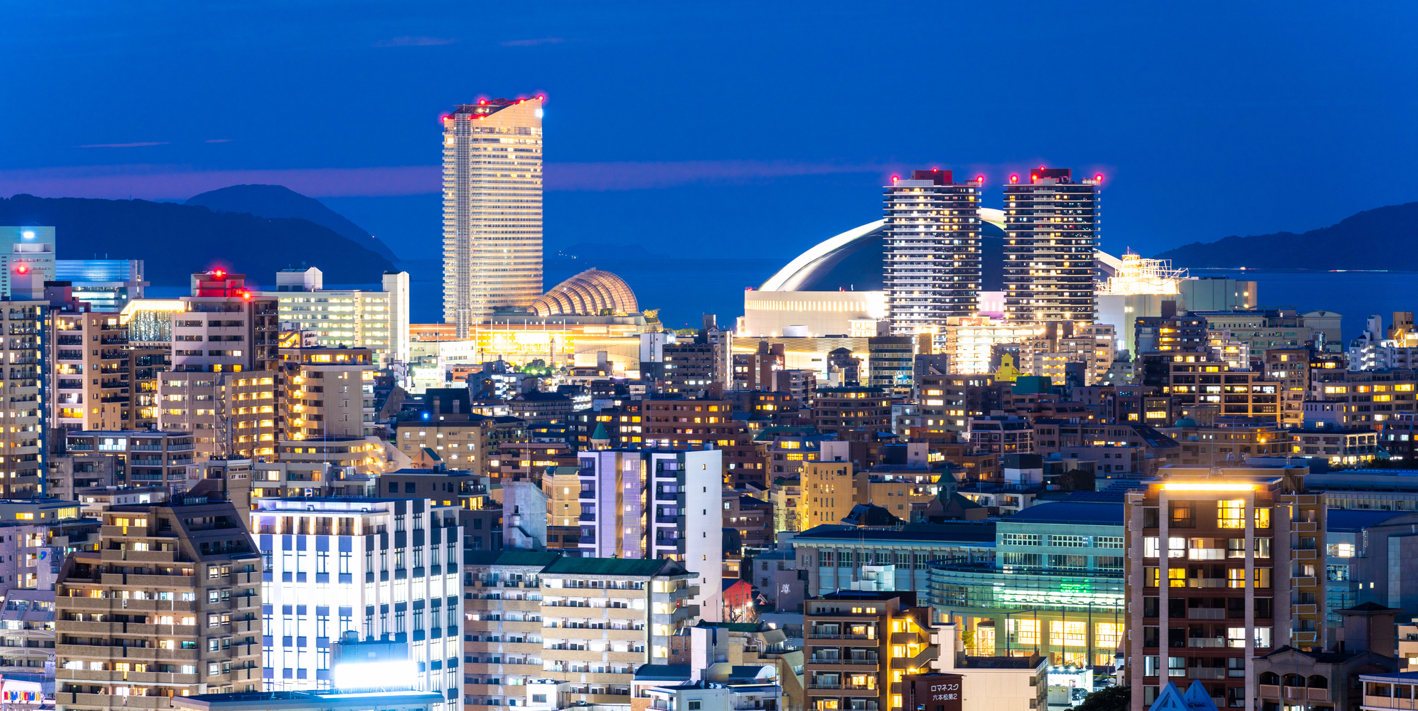
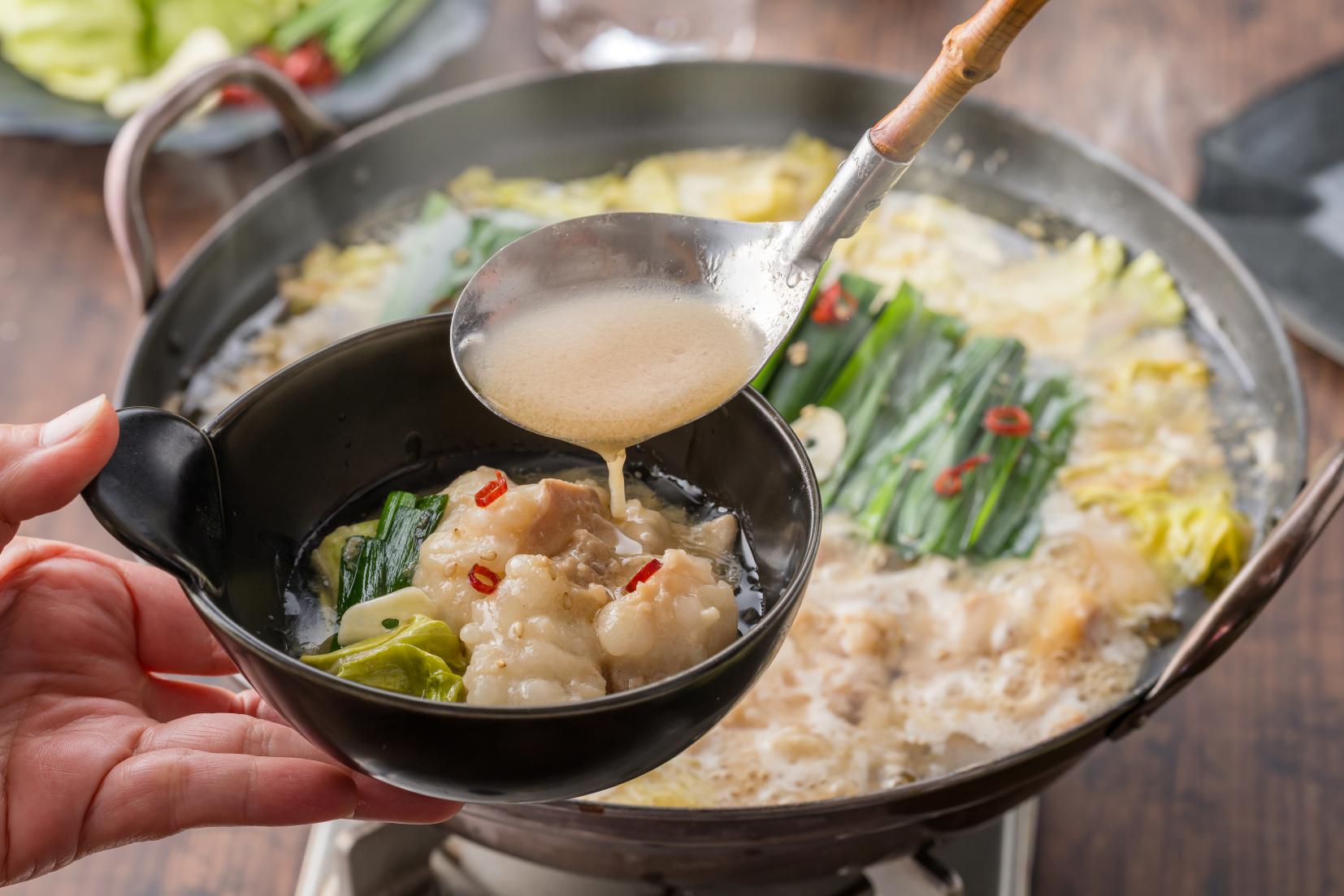
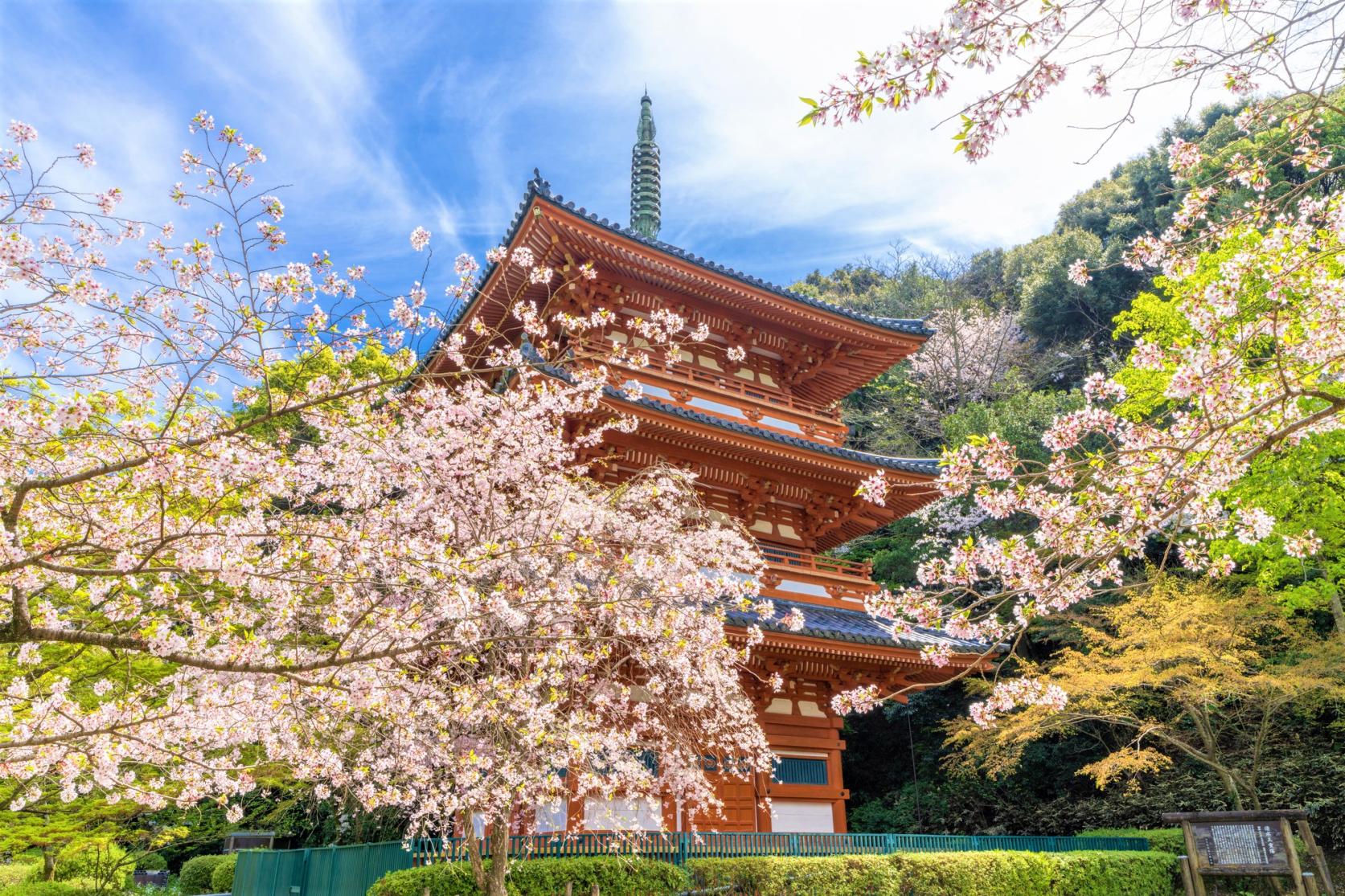
![[2026] Strawberry Picking Spots in Fukuoka-1](https://www.crossroadfukuoka.jp/storage/special_features/49/responsive_images/9ZHgrqvQdpH8tM4IRF54DXu0aPBF3YGGkj5WOTGc__1673_1115.jpg)
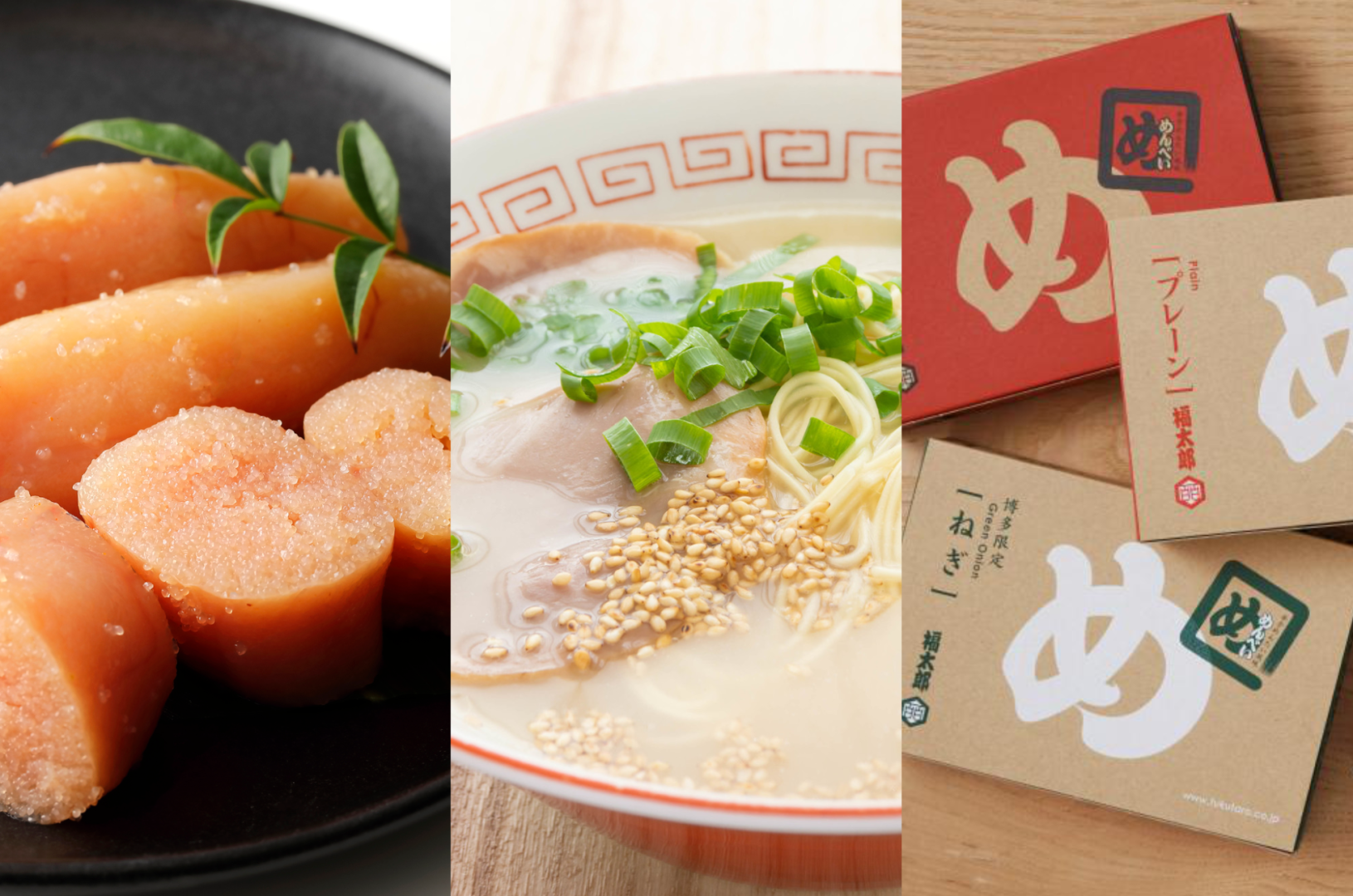
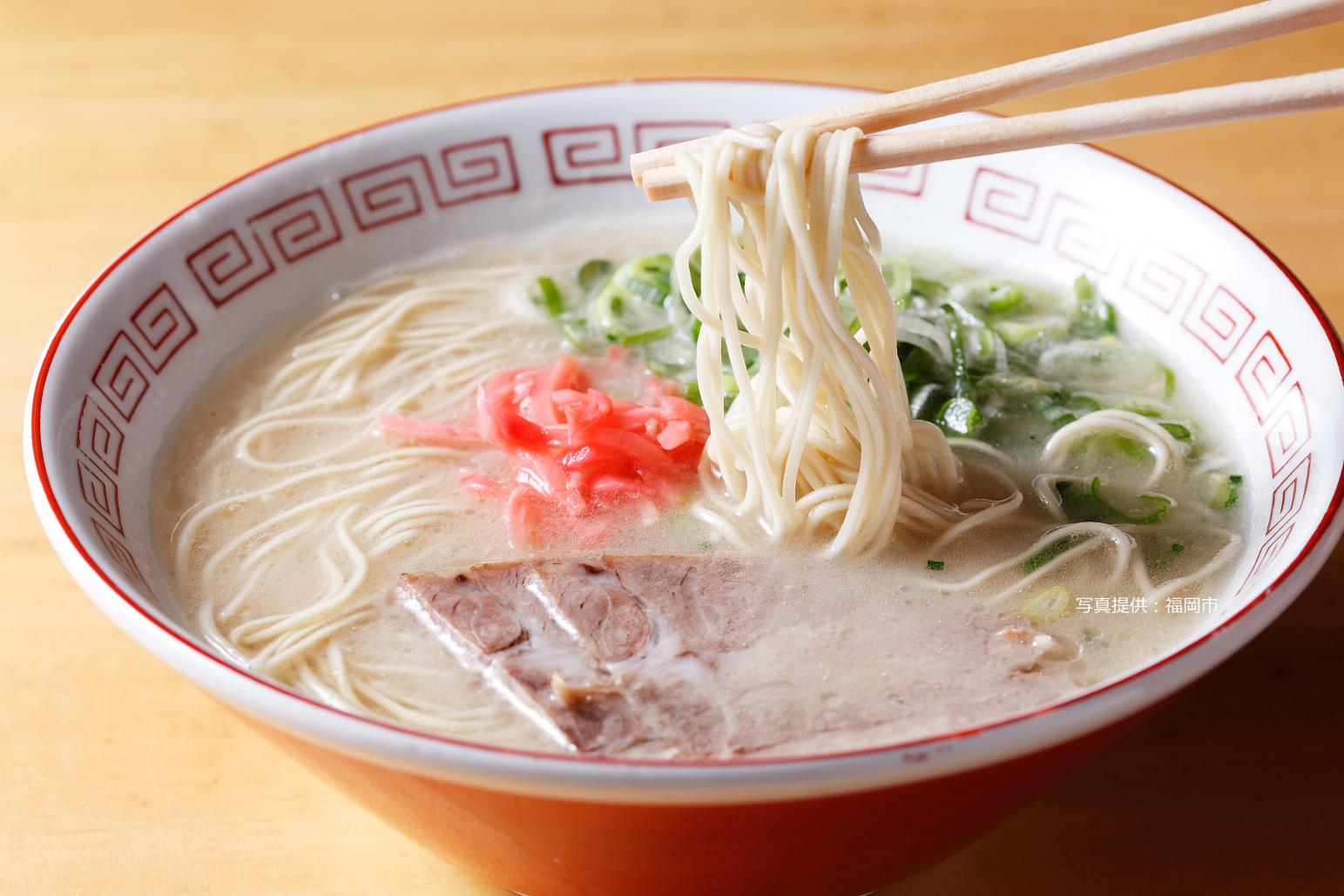
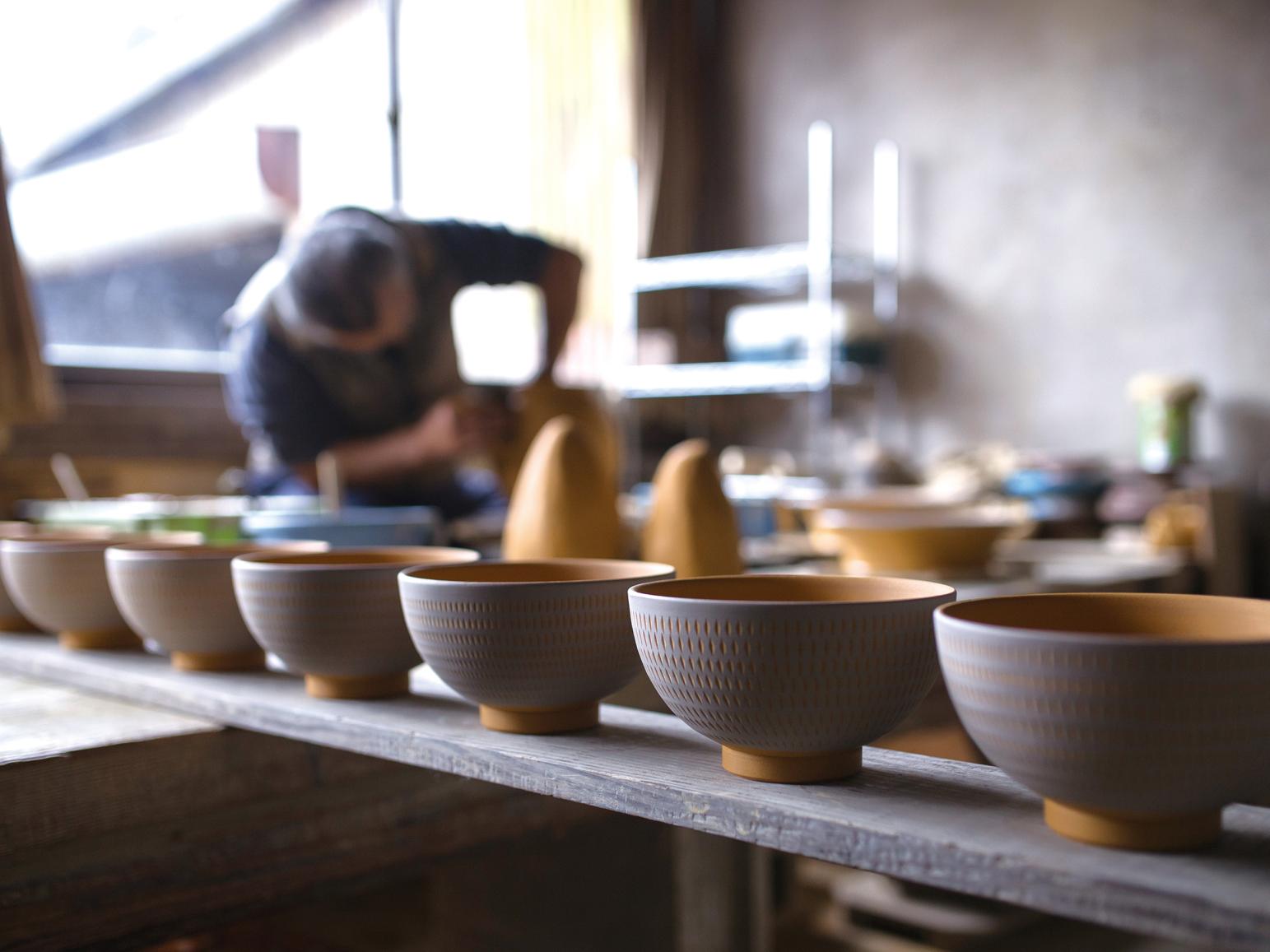

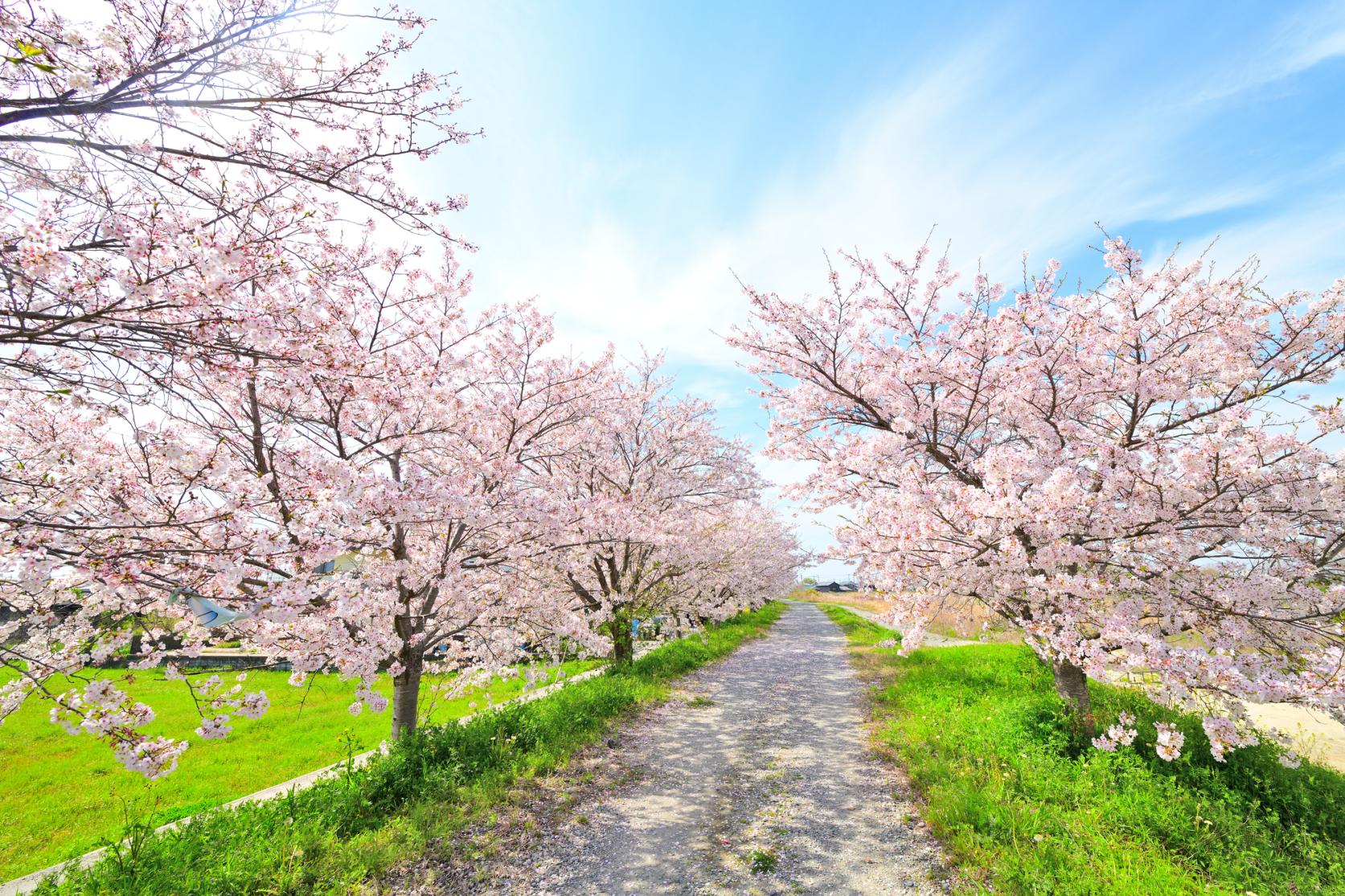
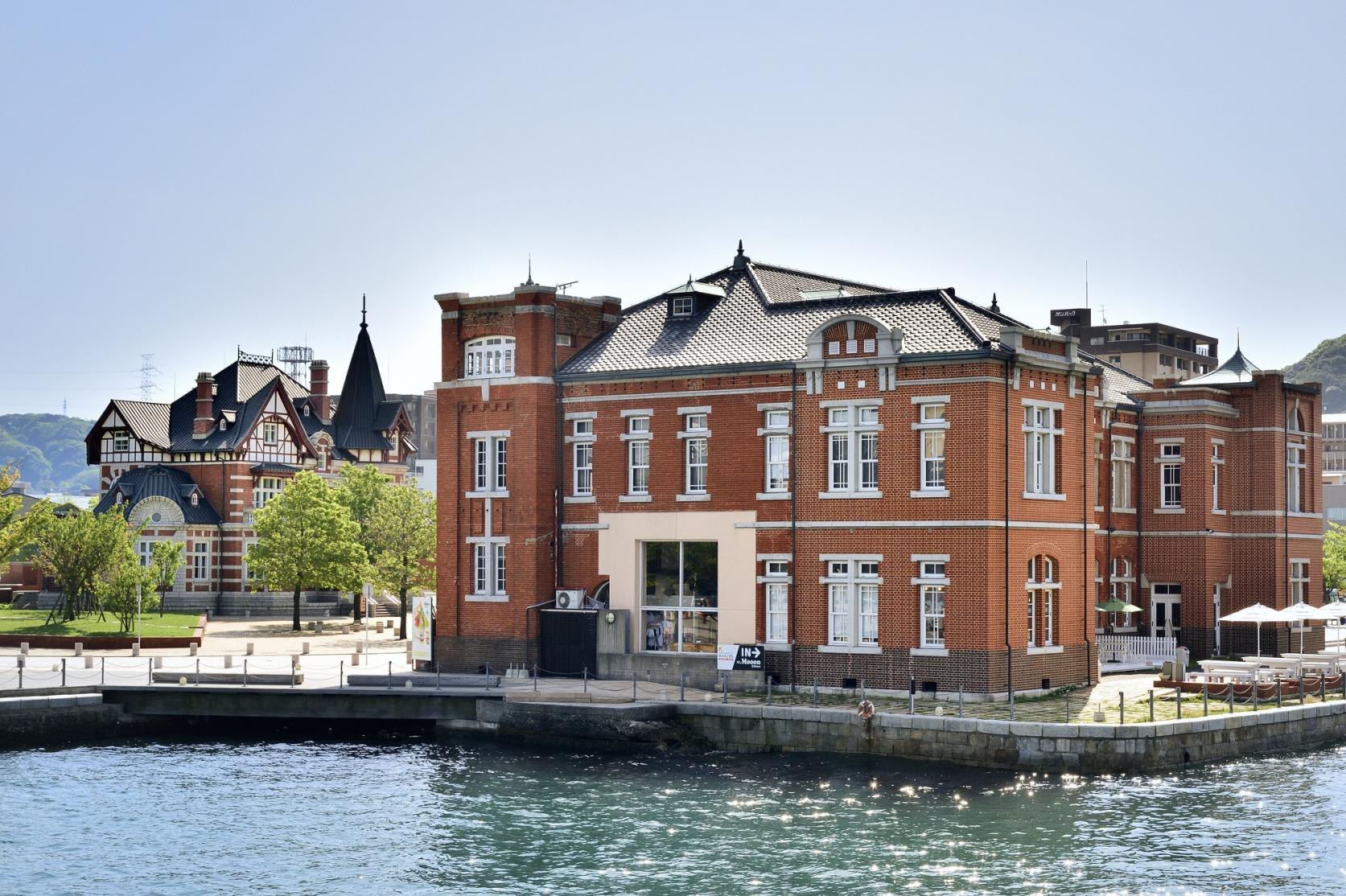
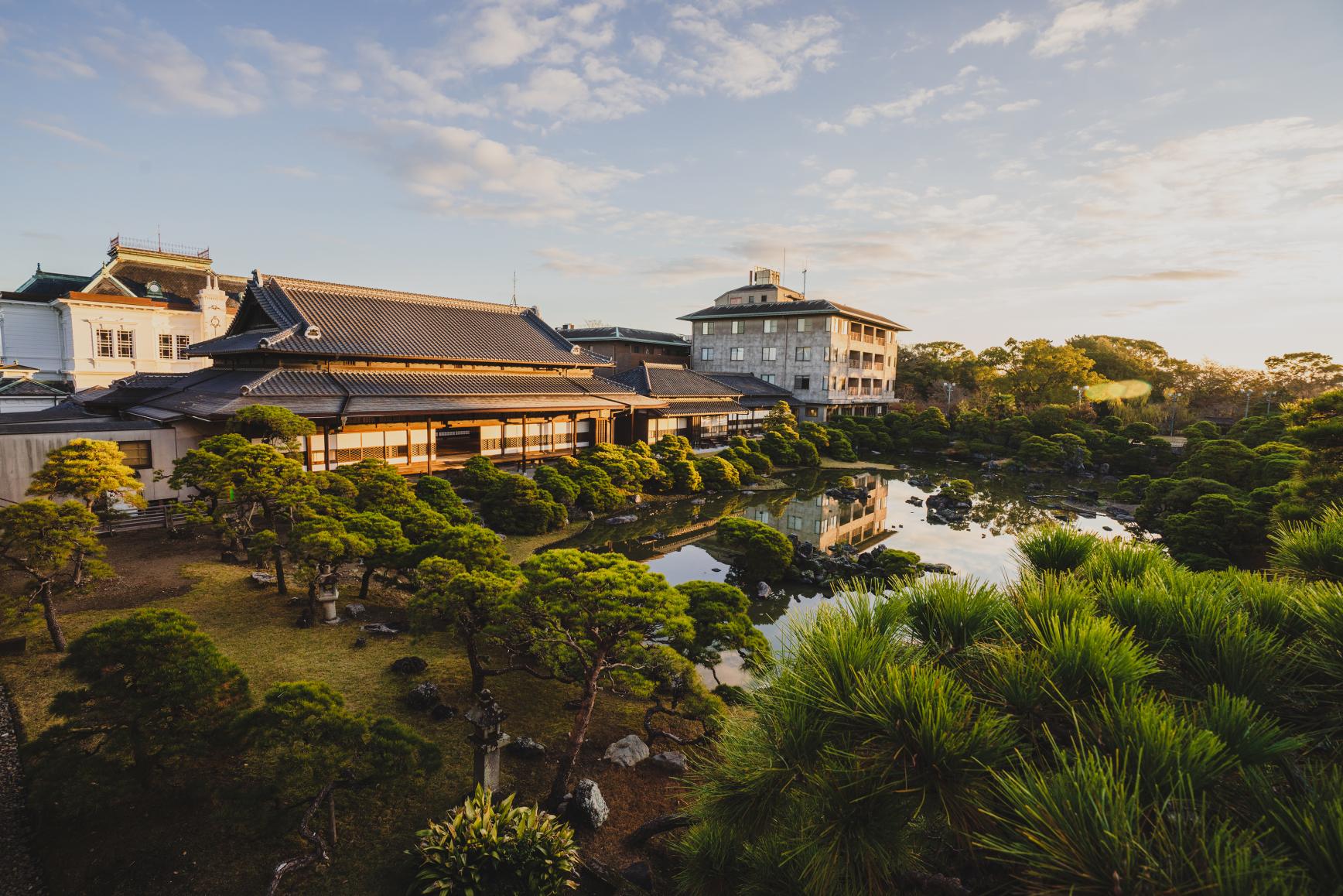
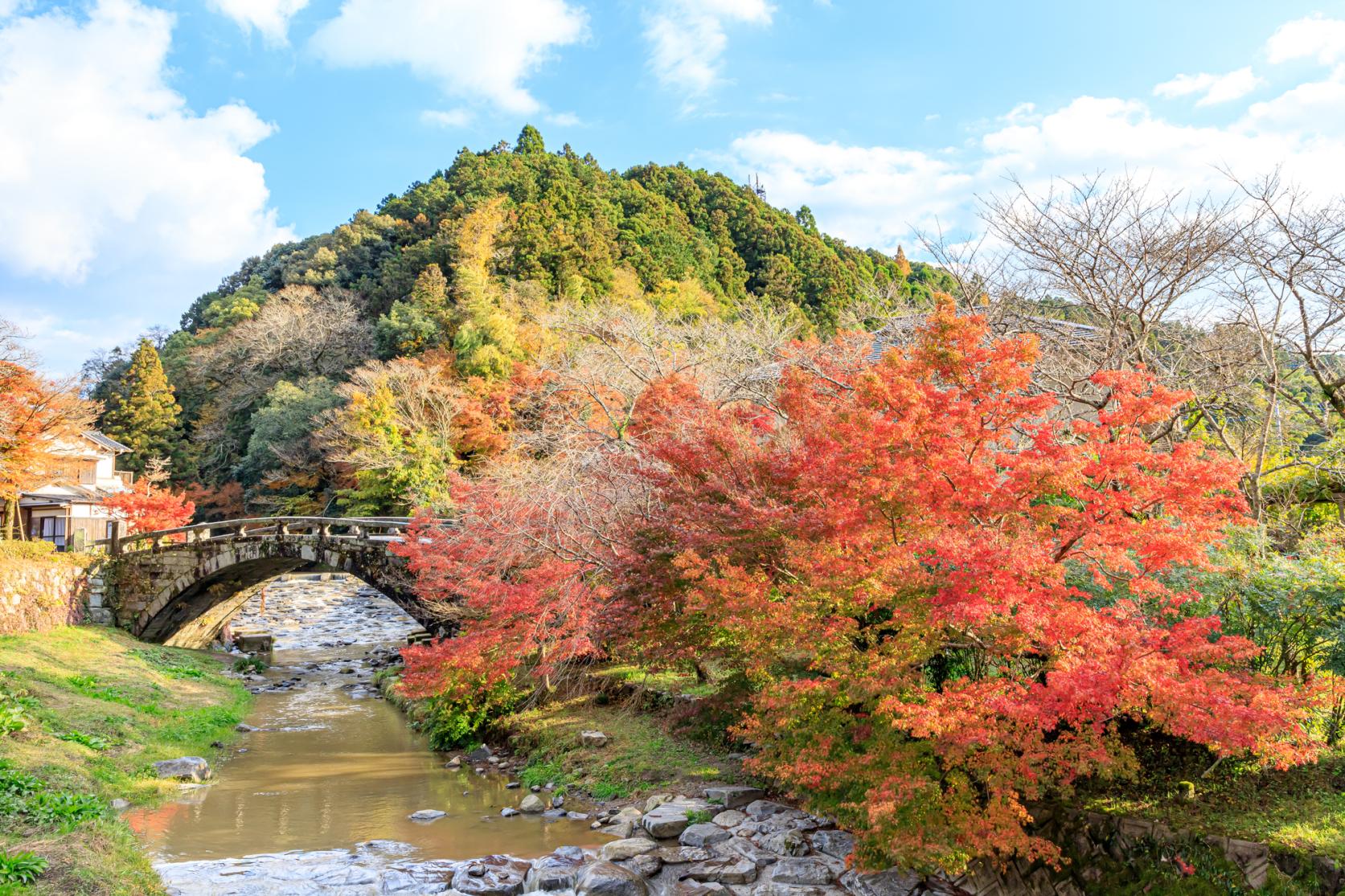
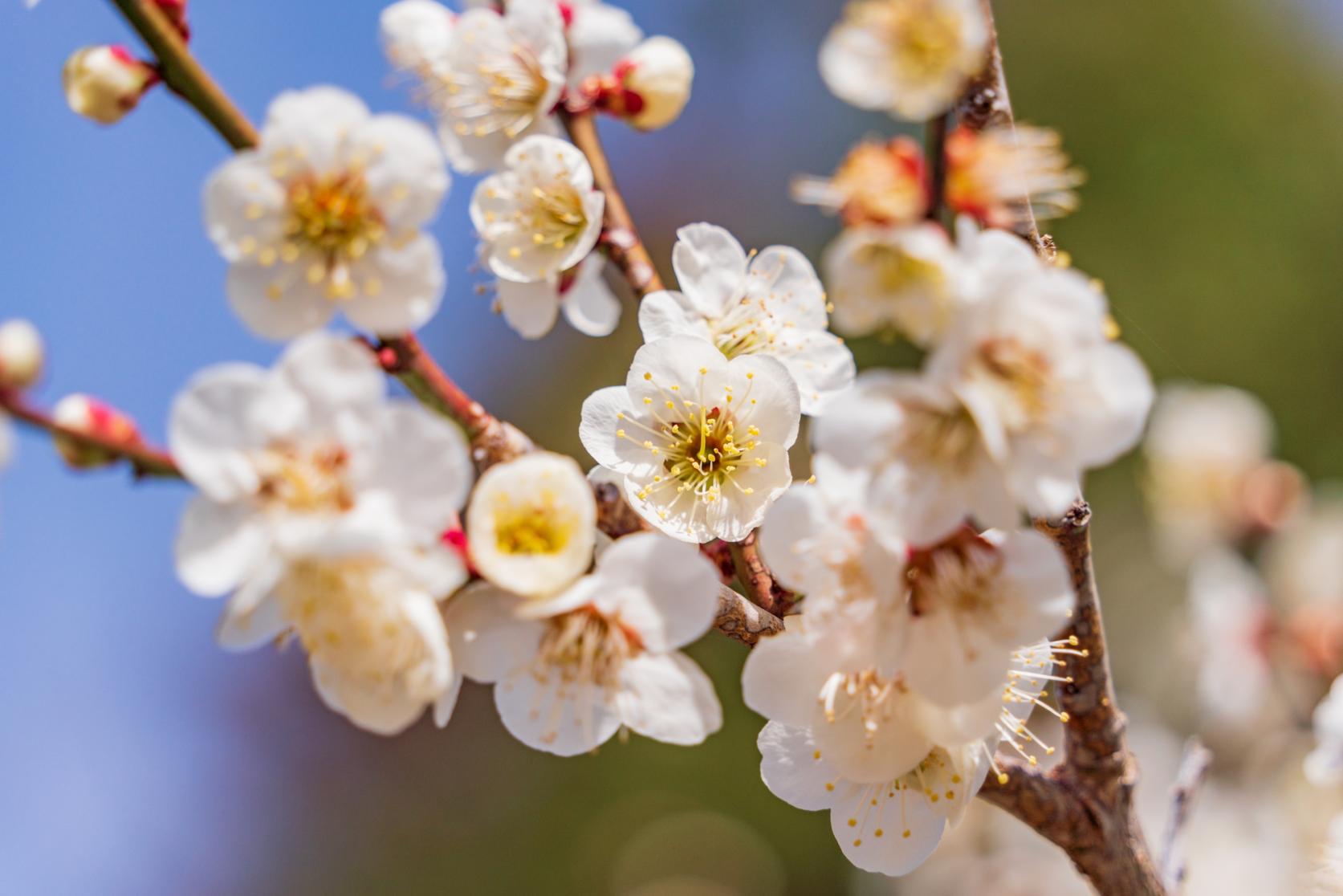
![[2026 Edition] Filled with blessings! The ultimate Fukuoka power spots to bring you happiness.-1](https://www.crossroadfukuoka.jp/storage/special_features/320/responsive_images/6SsCvBDXBhlZoAGUgarTOpZpEaEwsIqsWzSxW8cw__1289_856.png)
